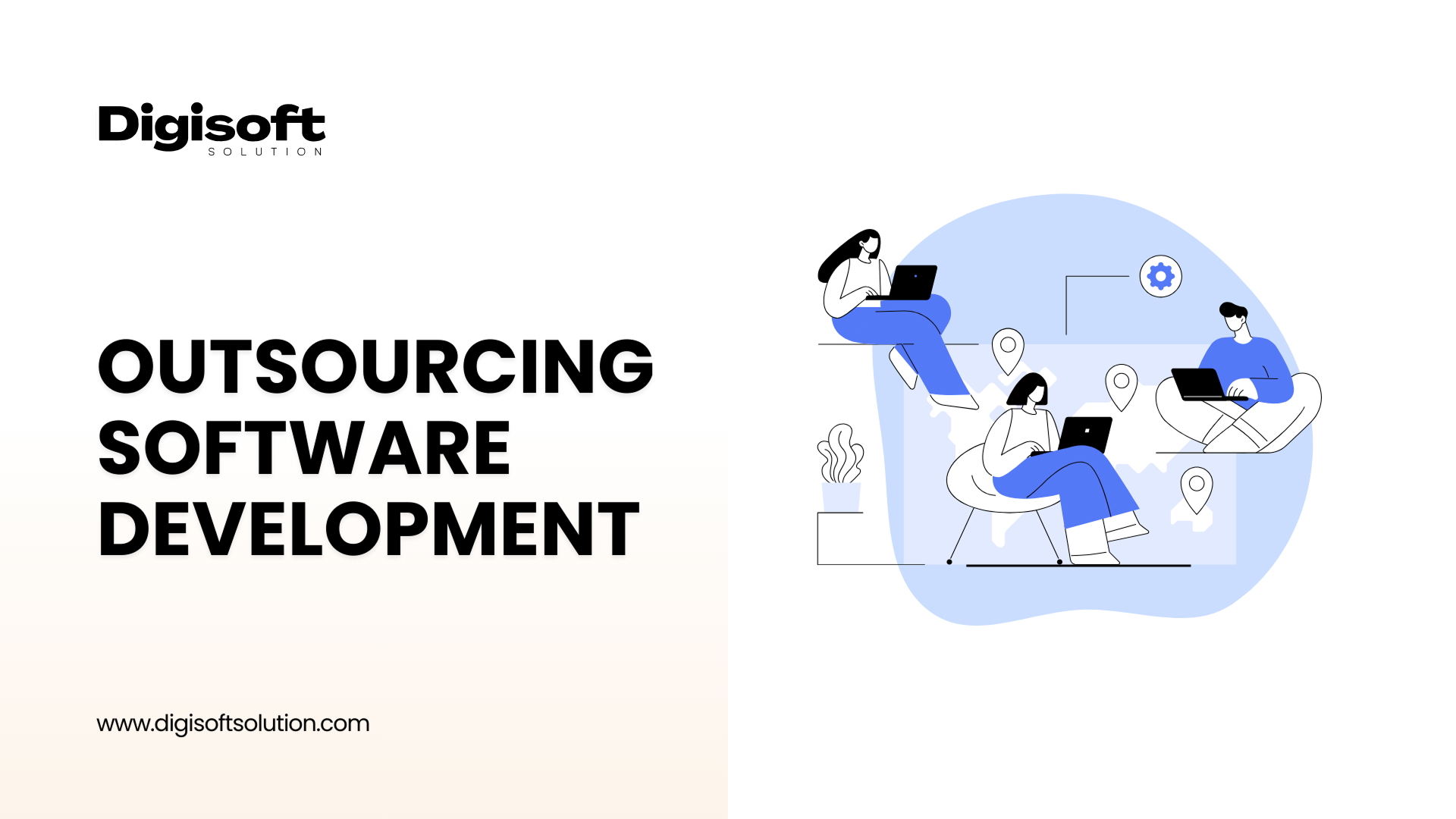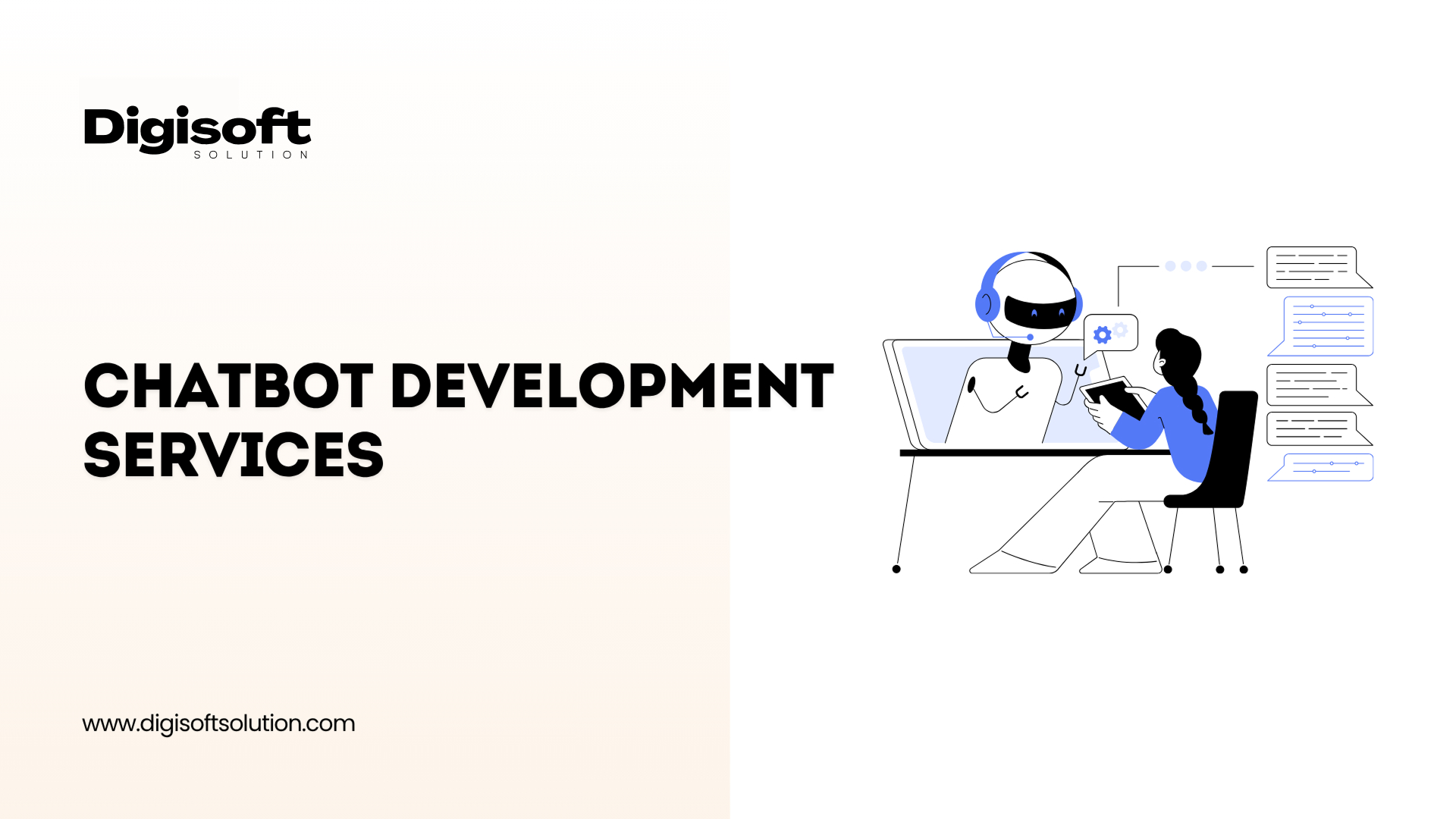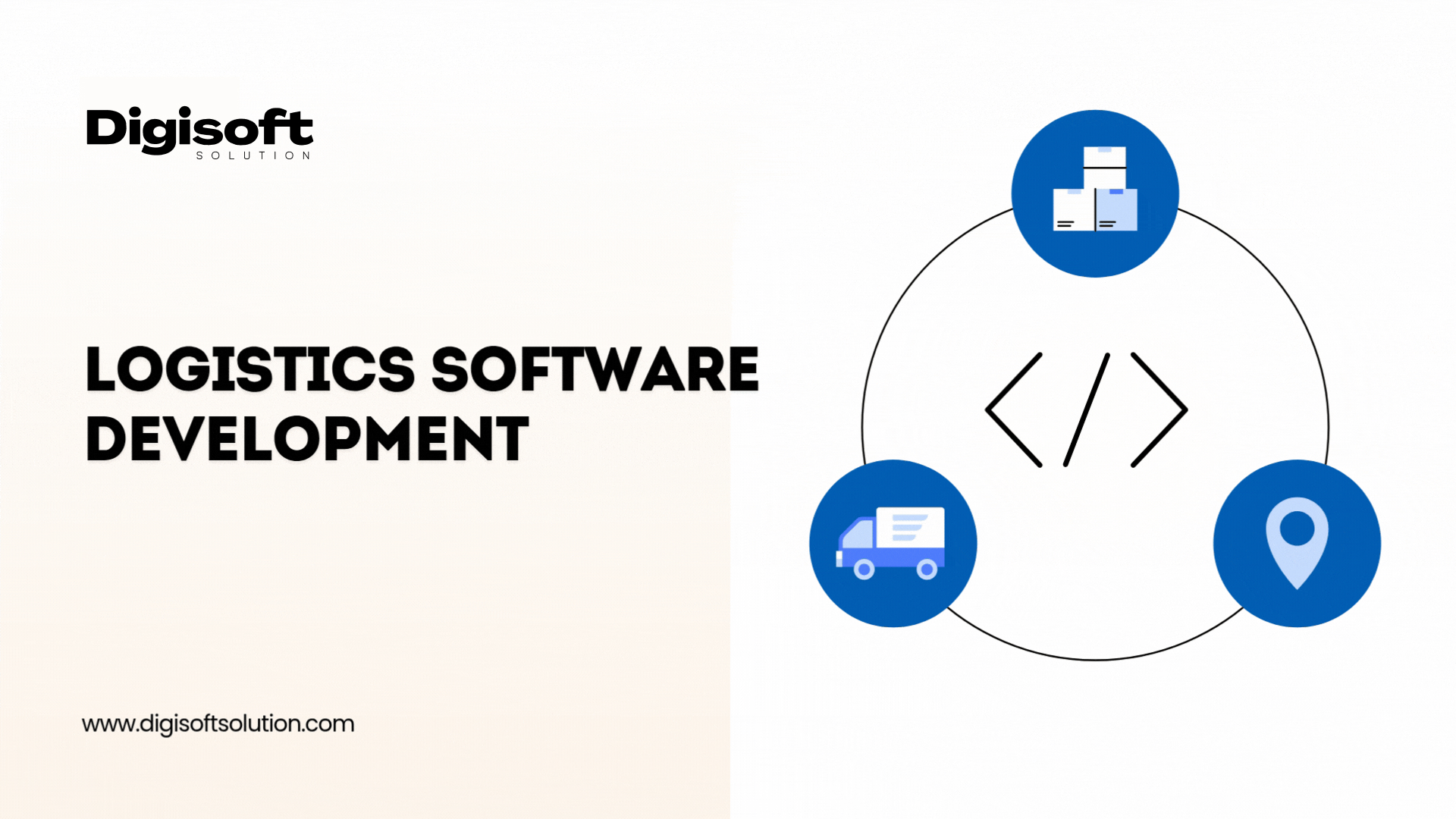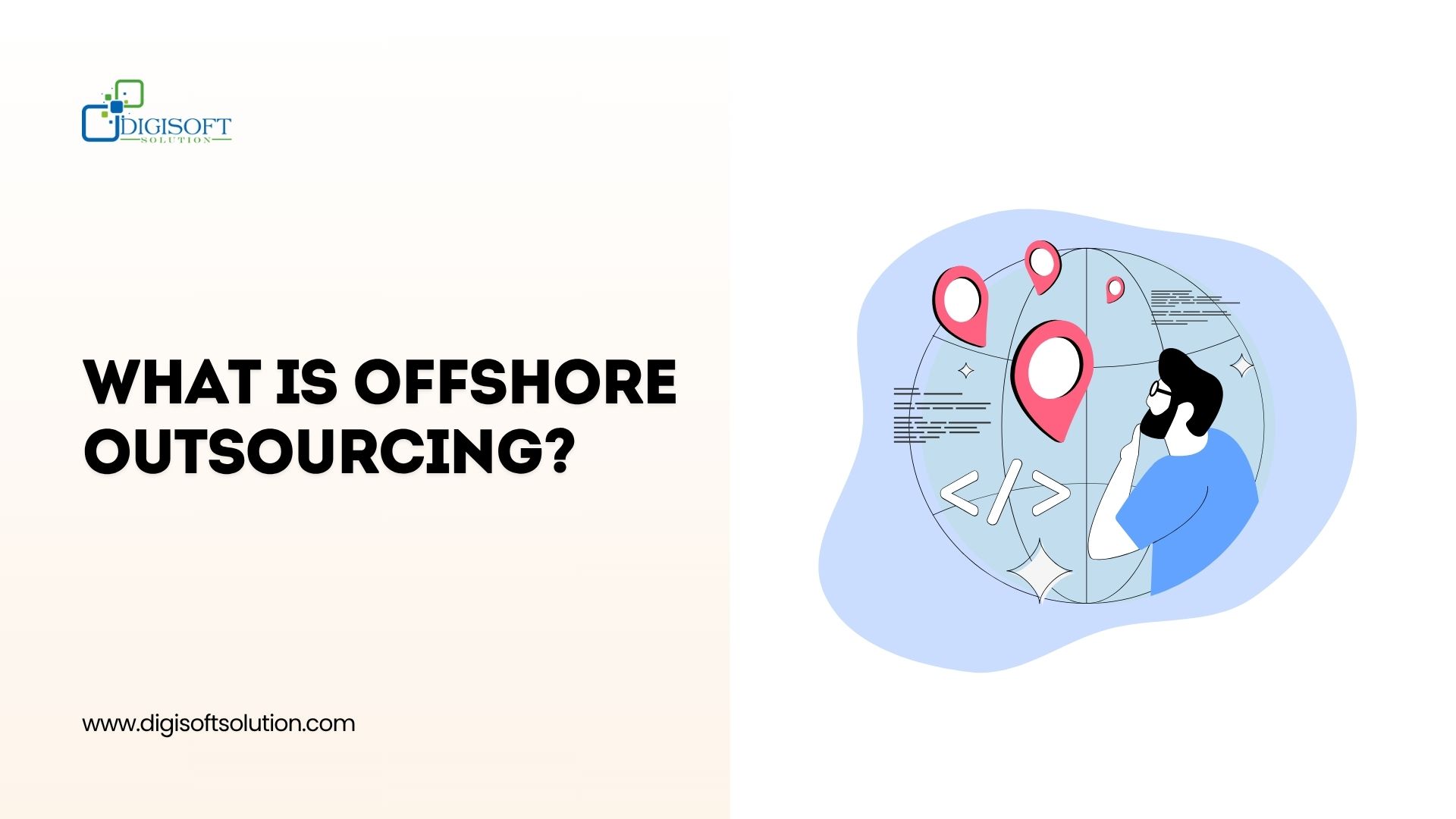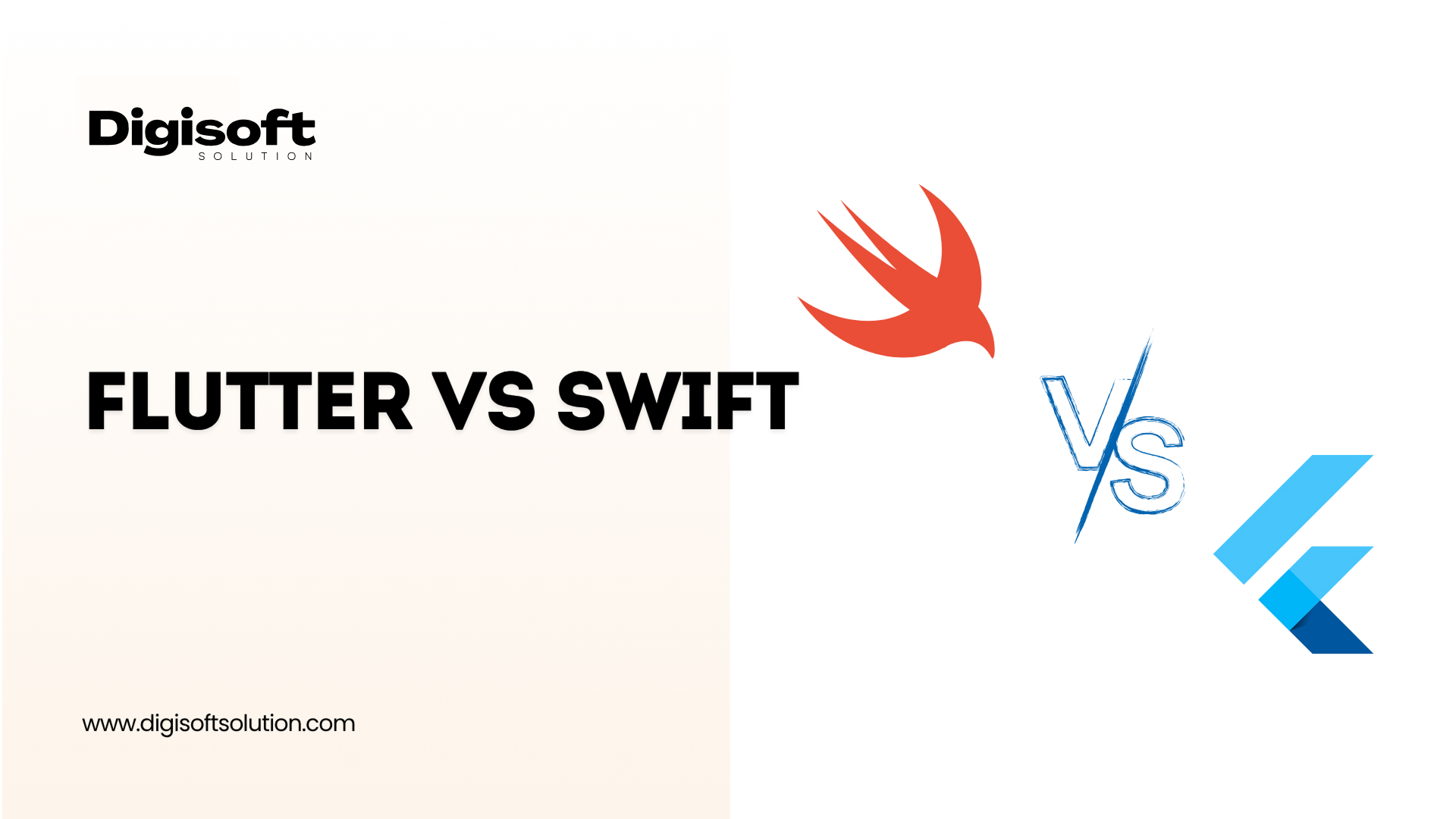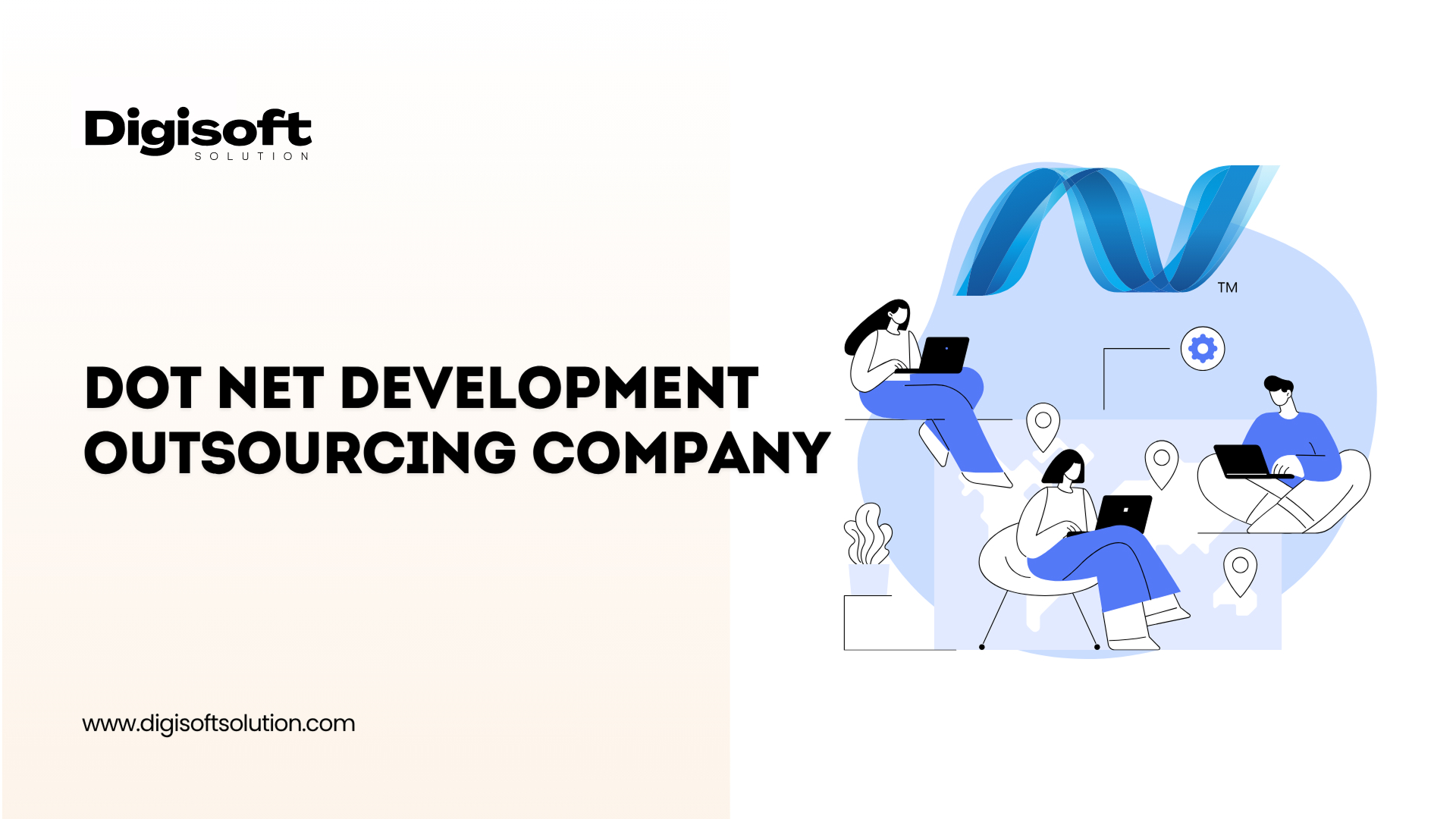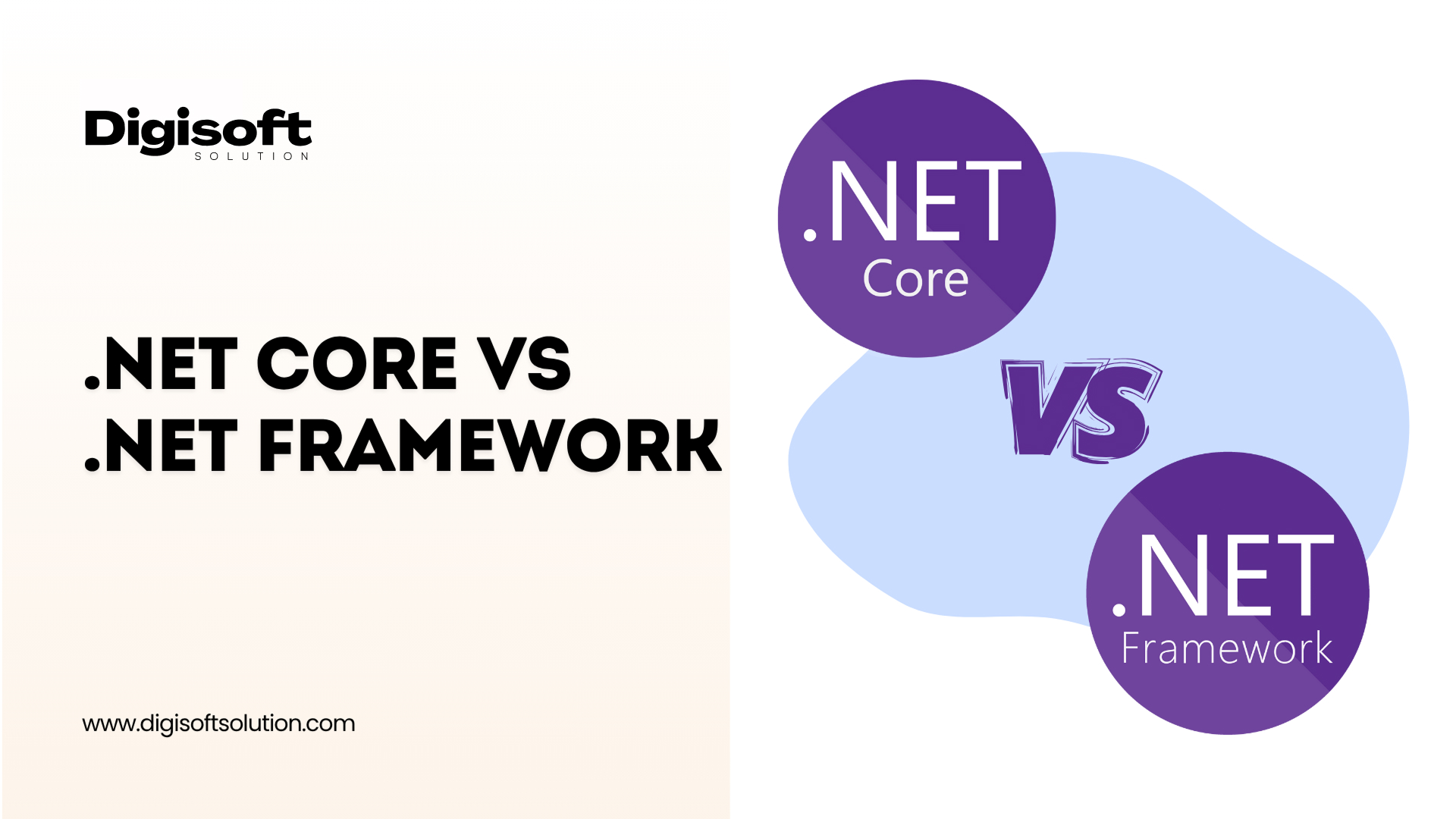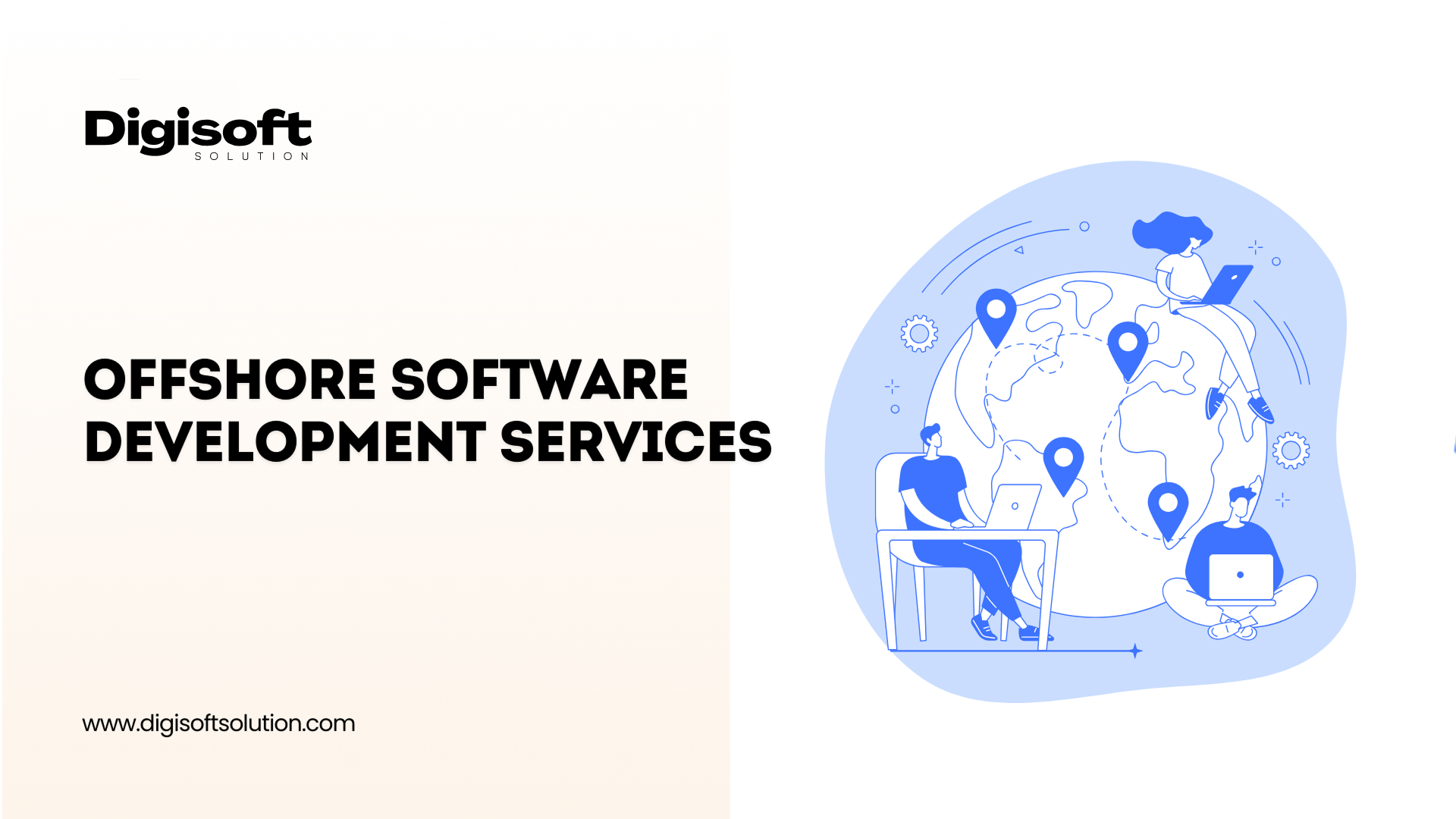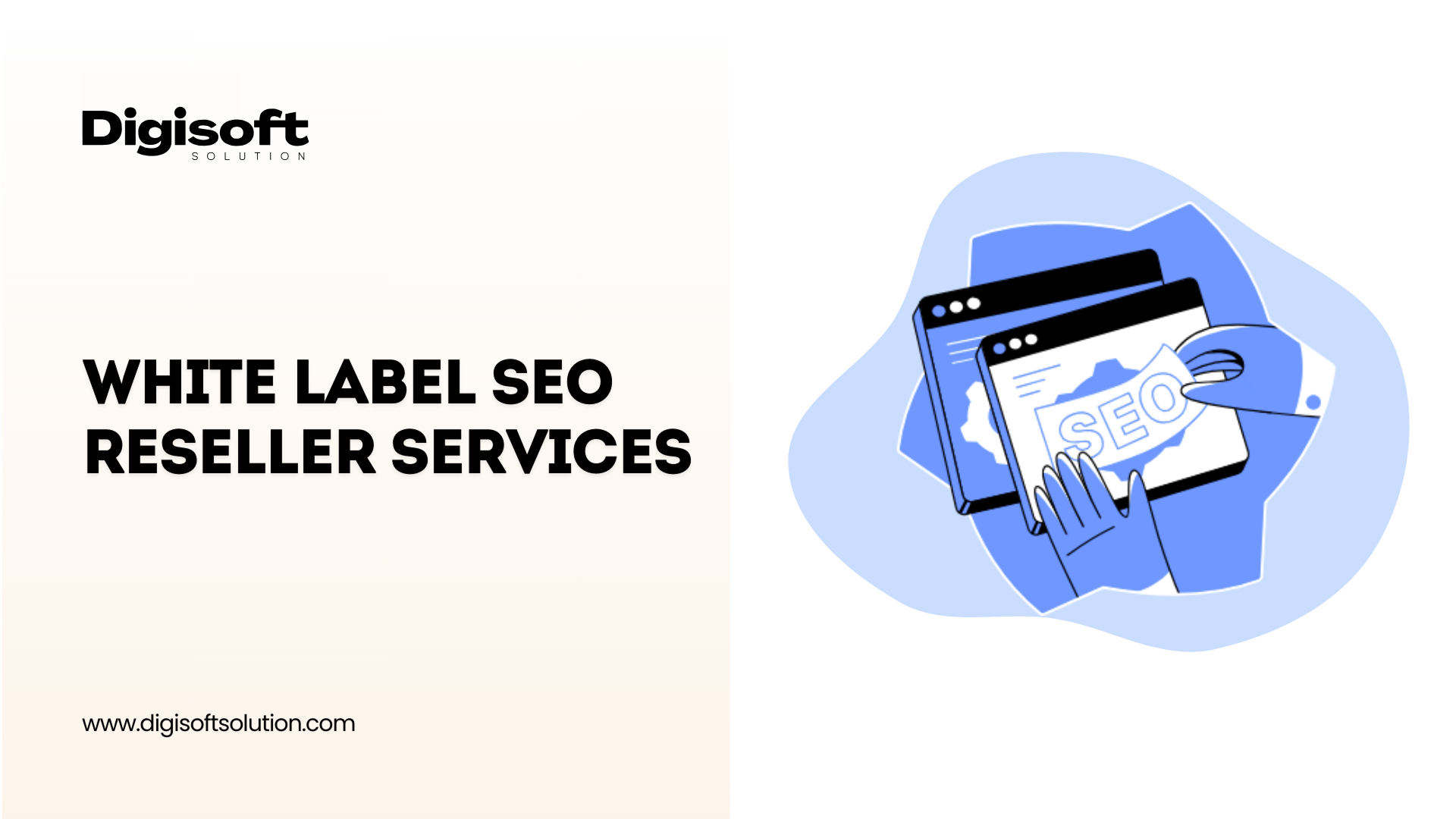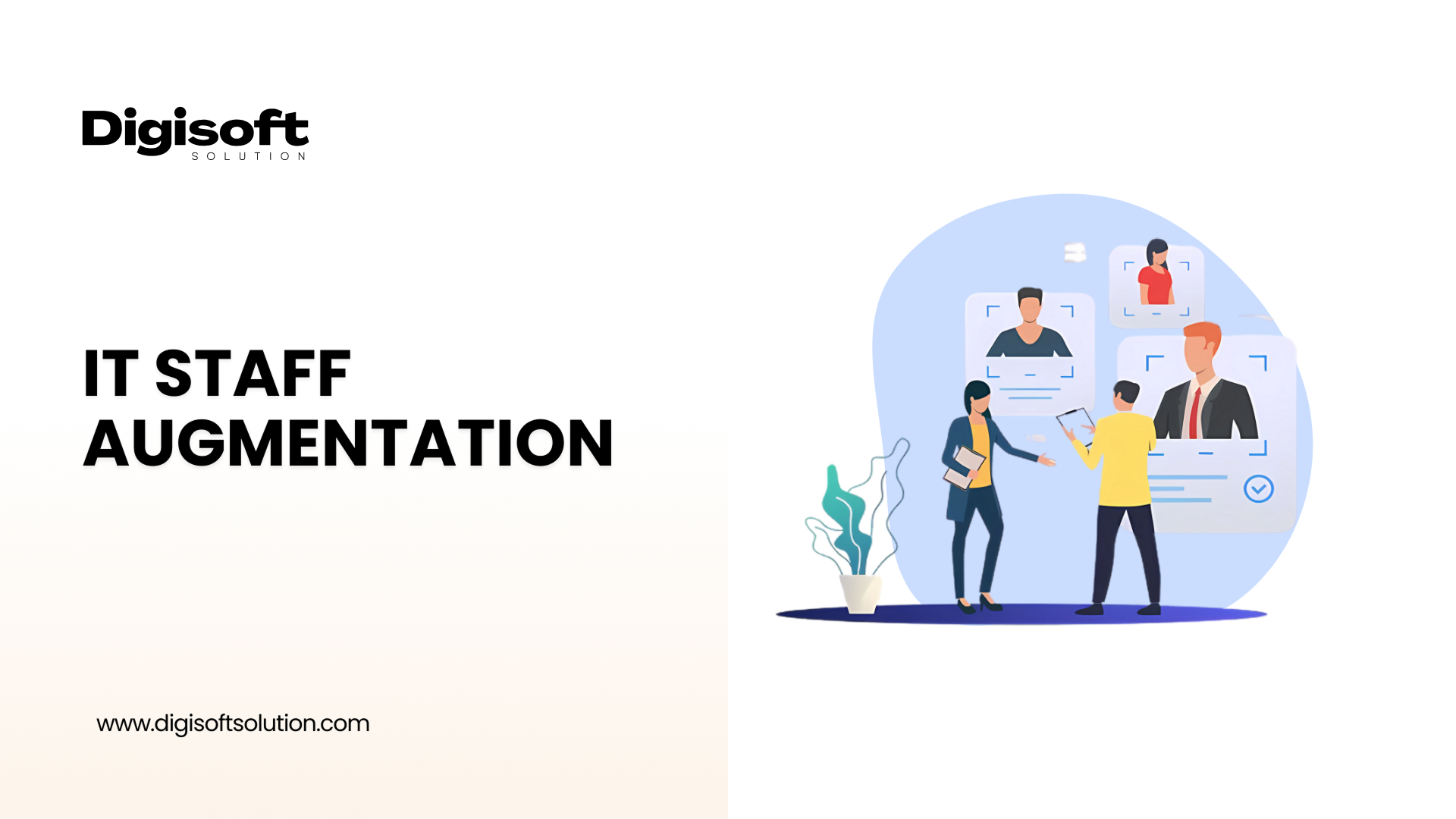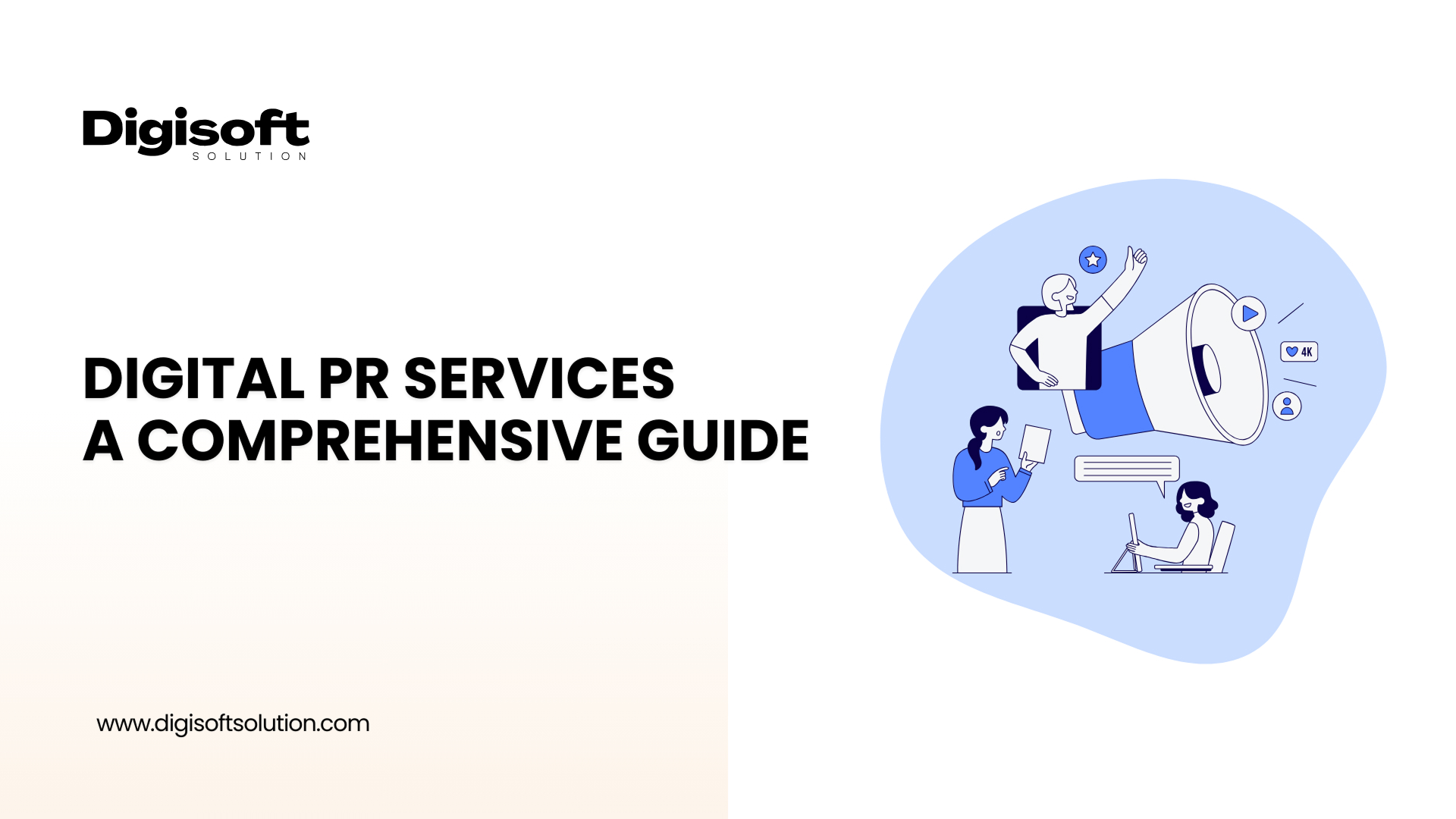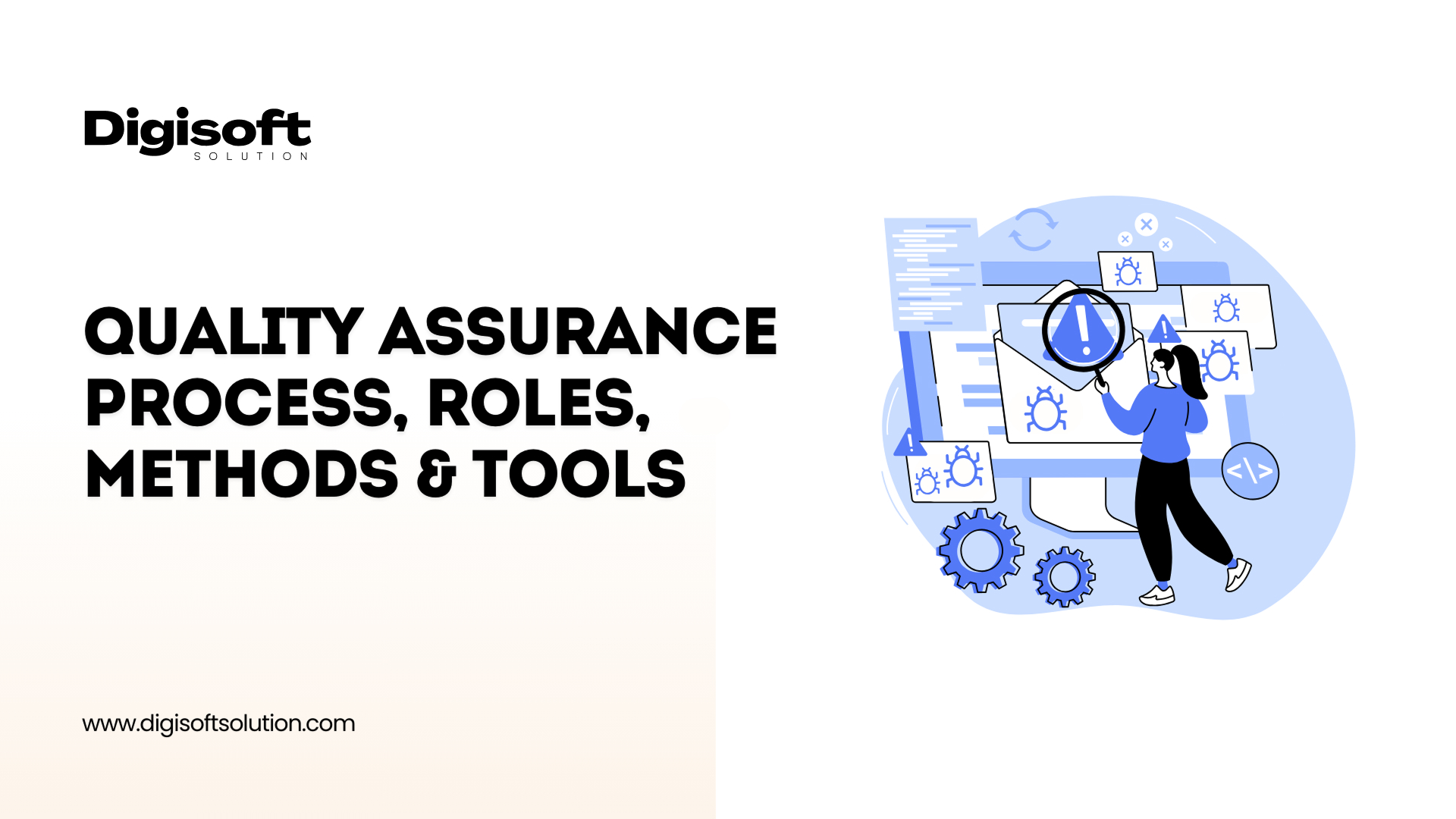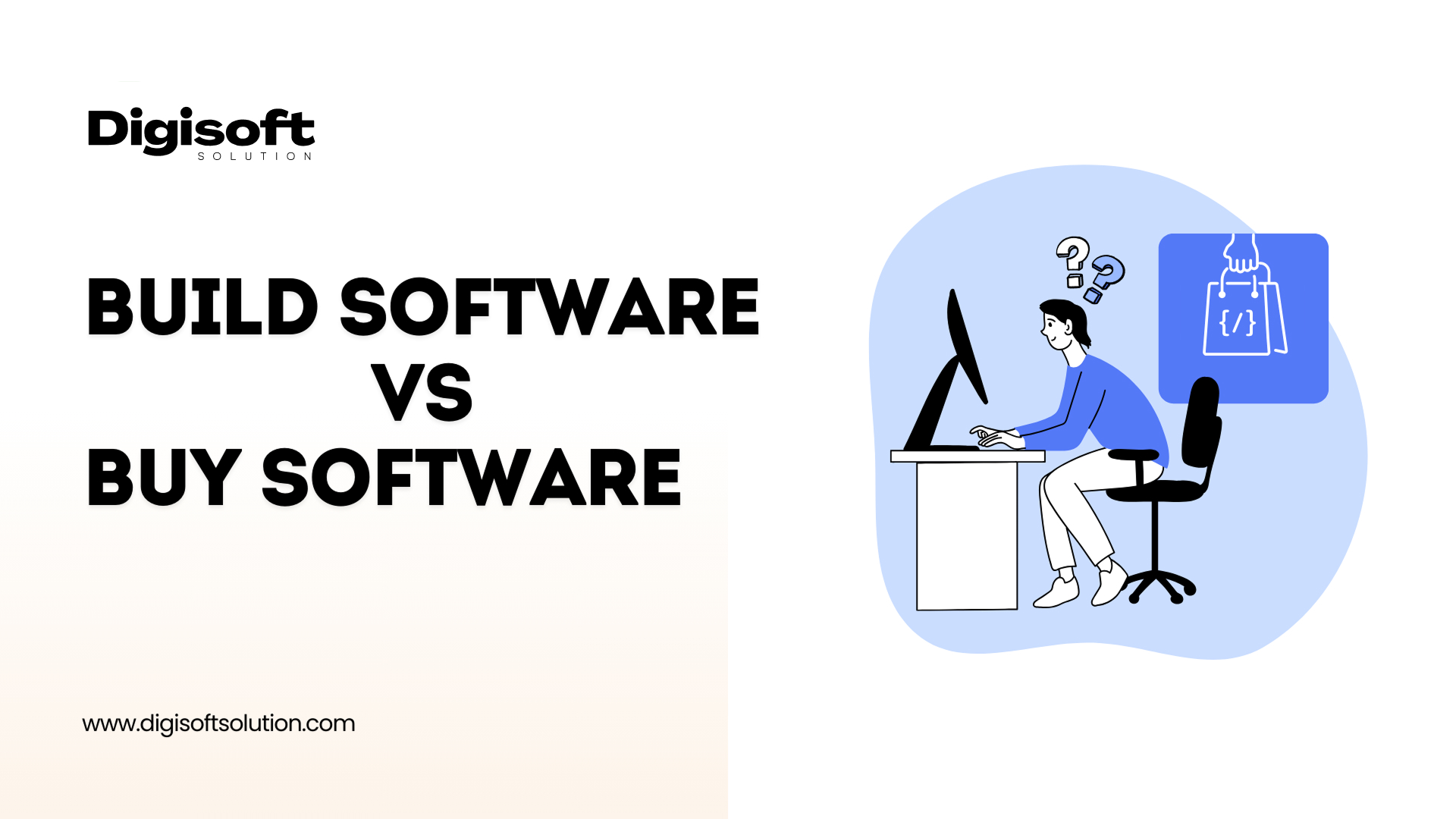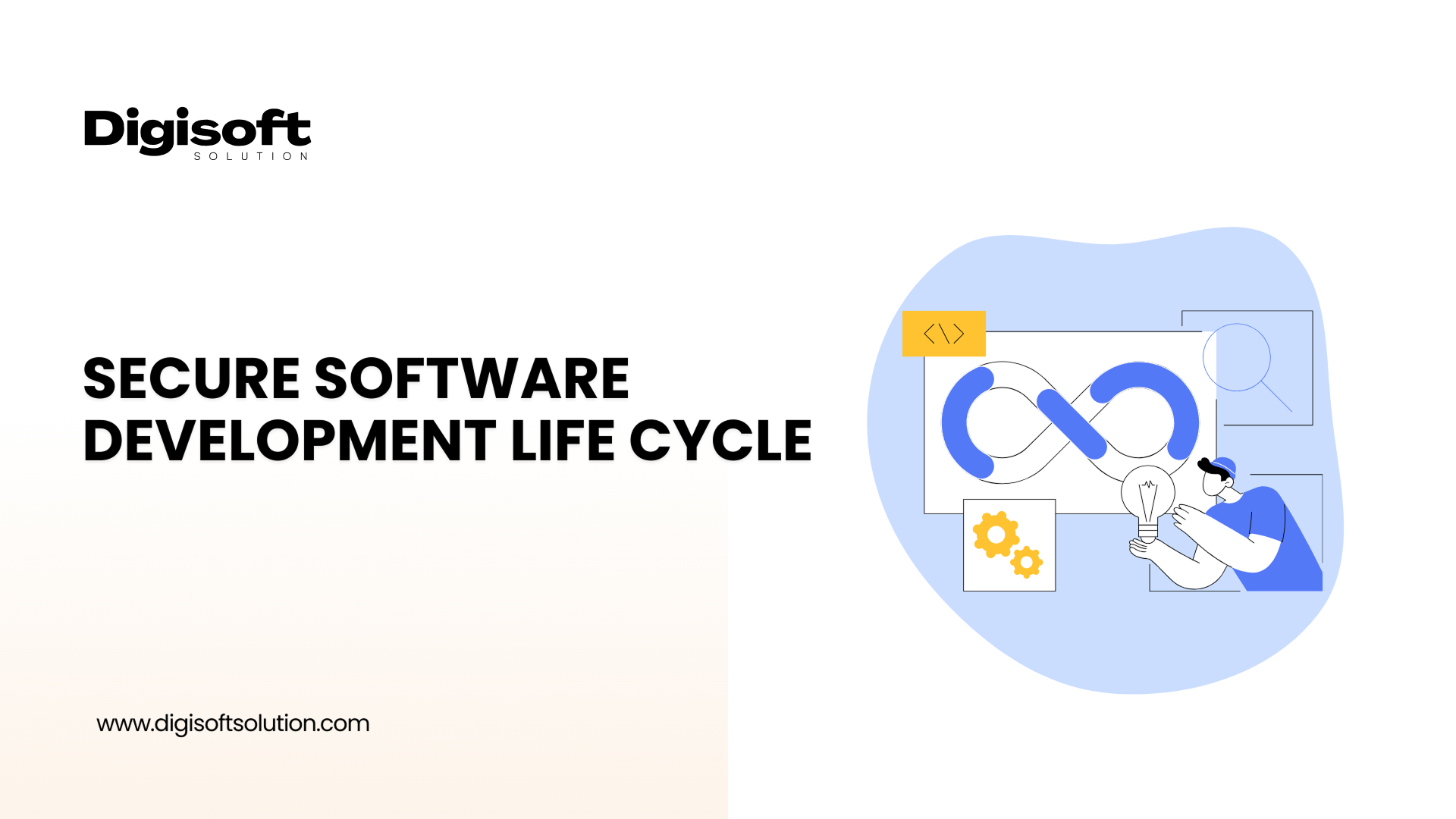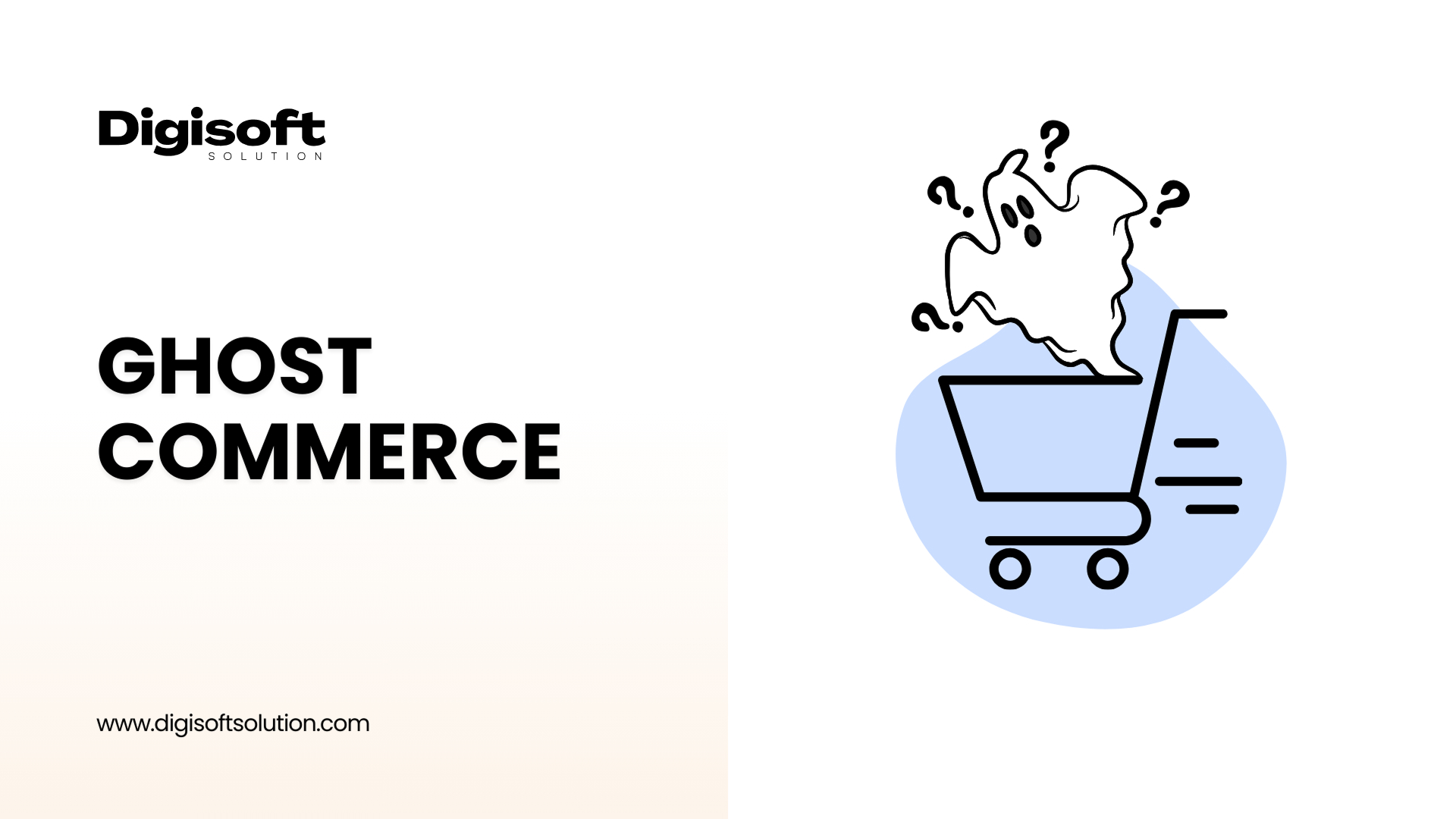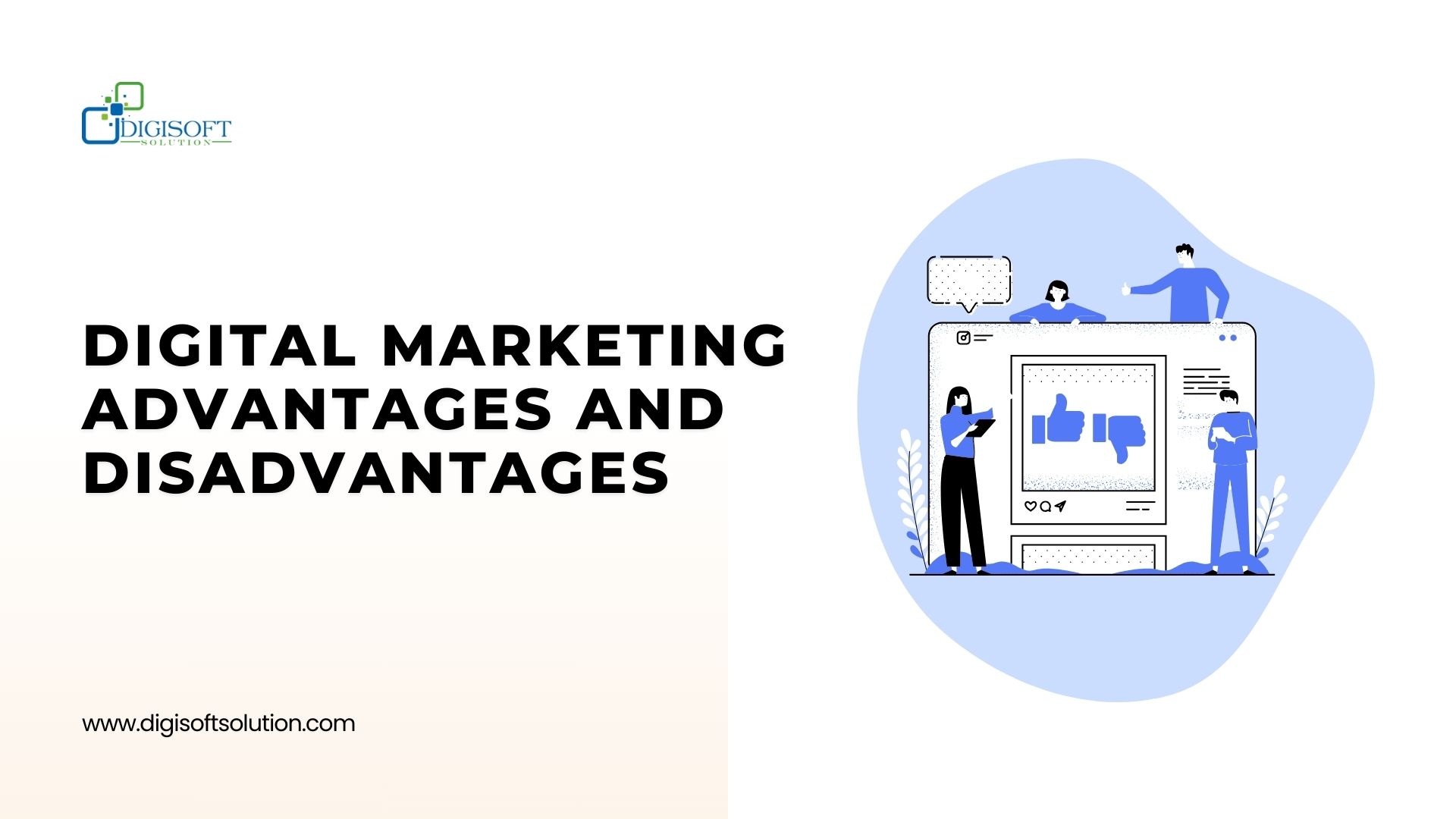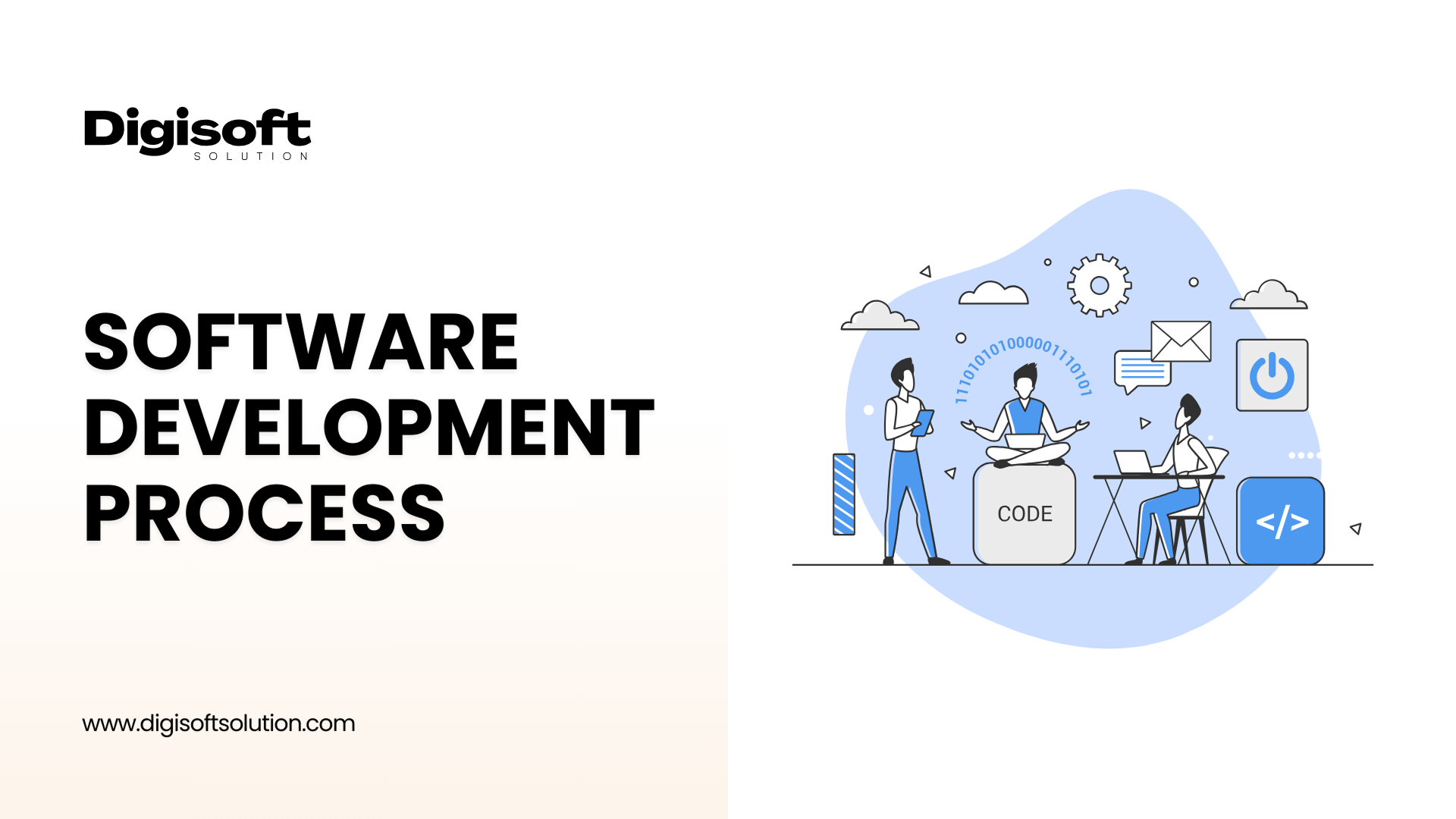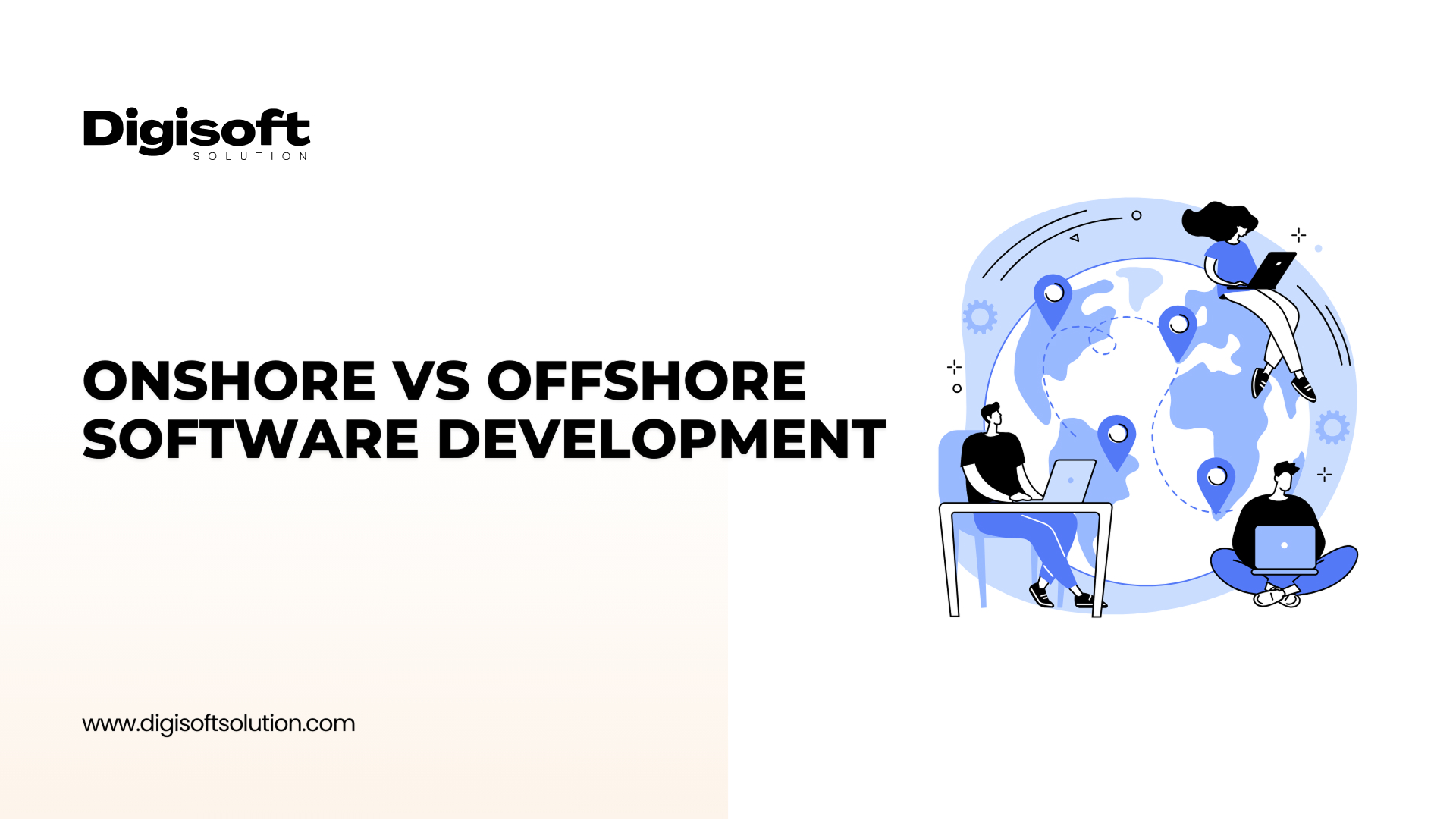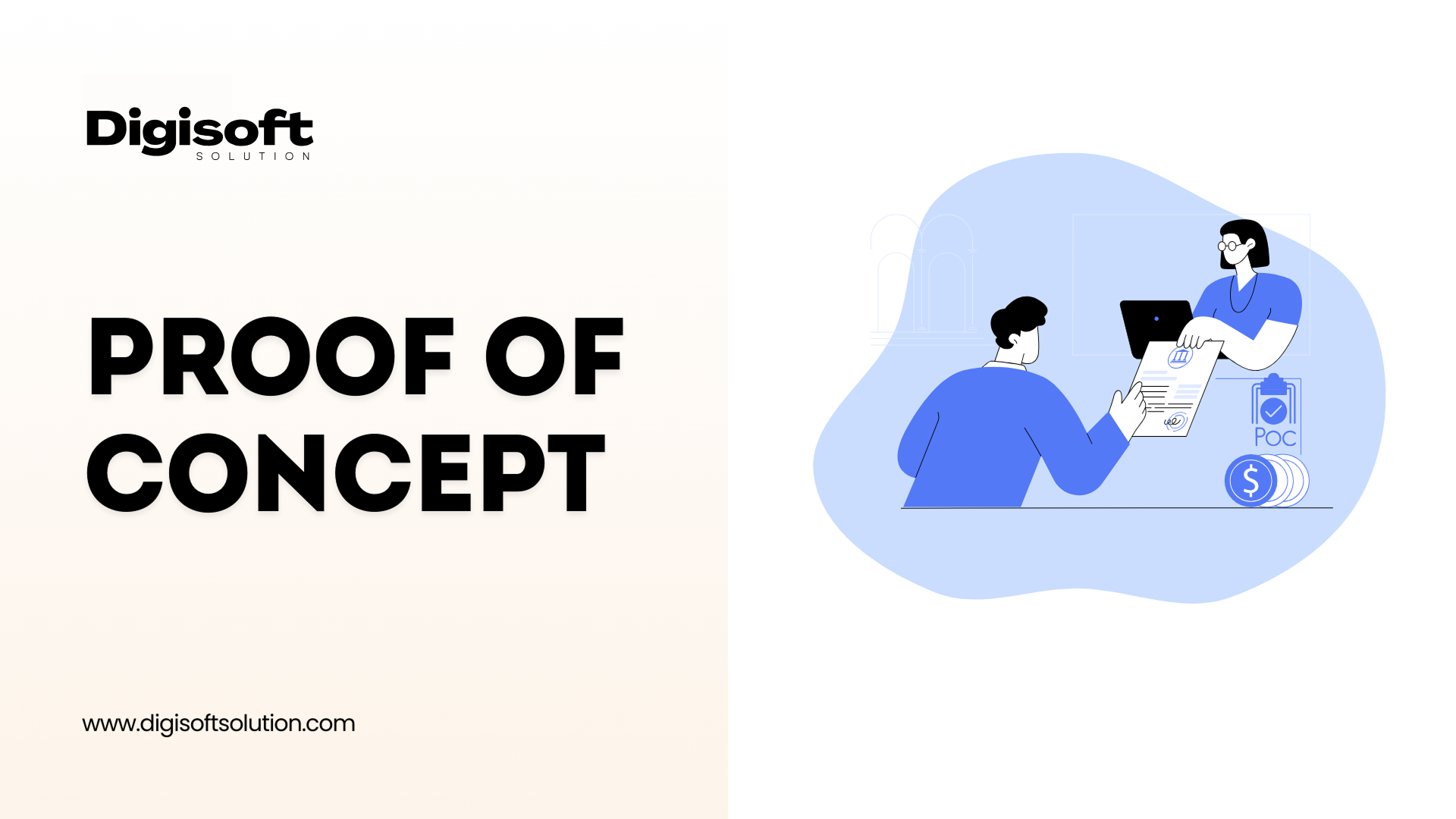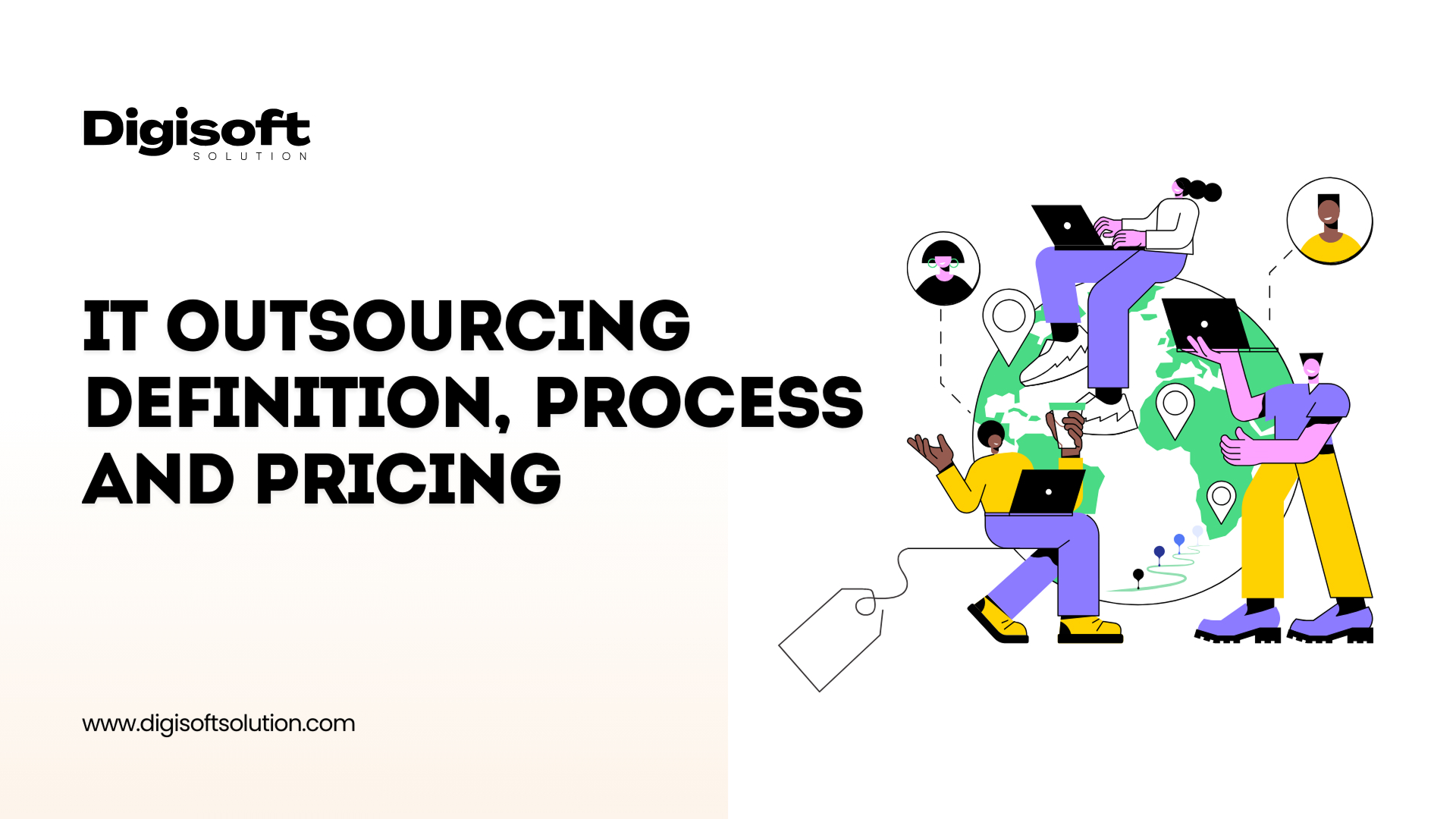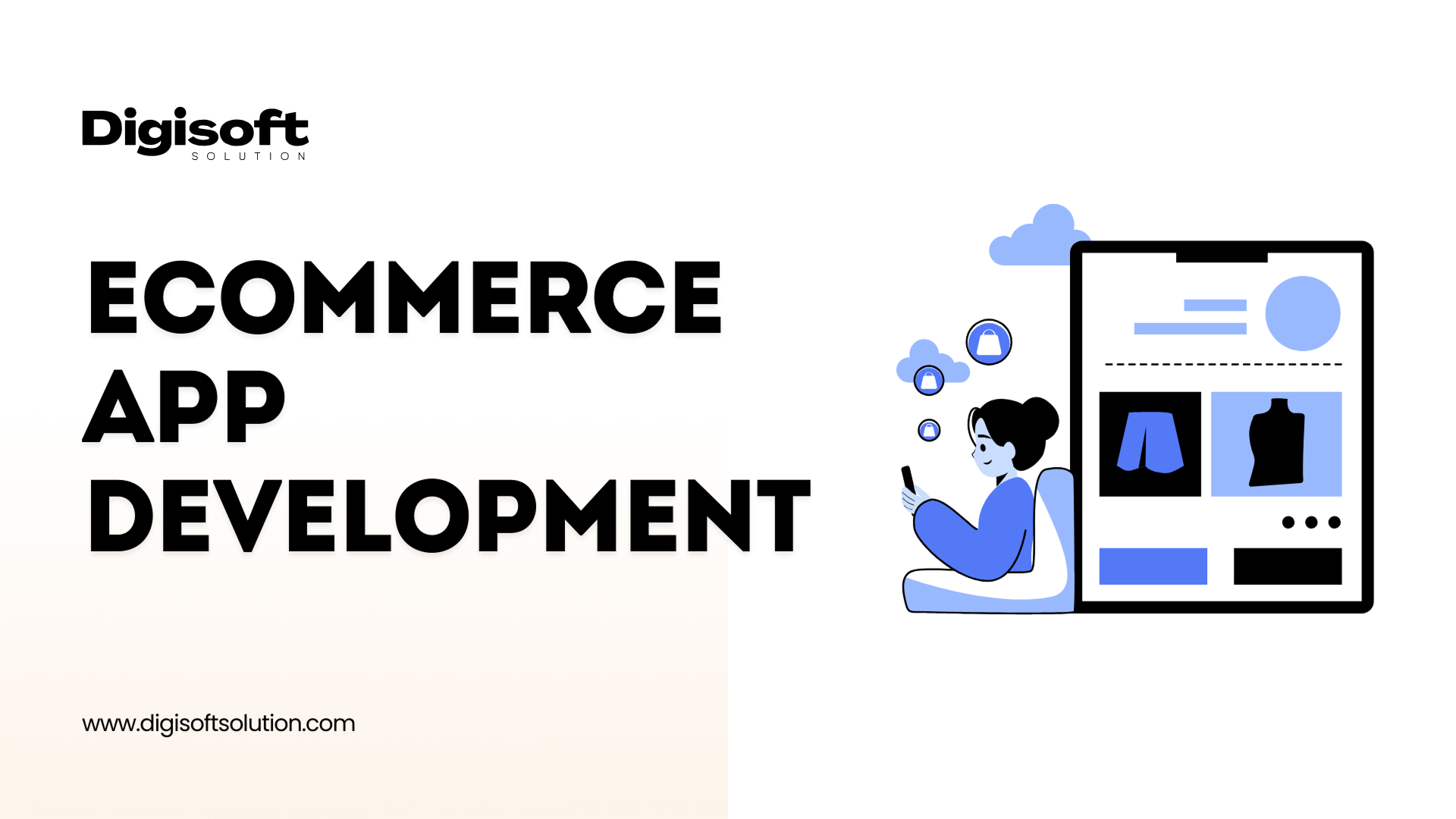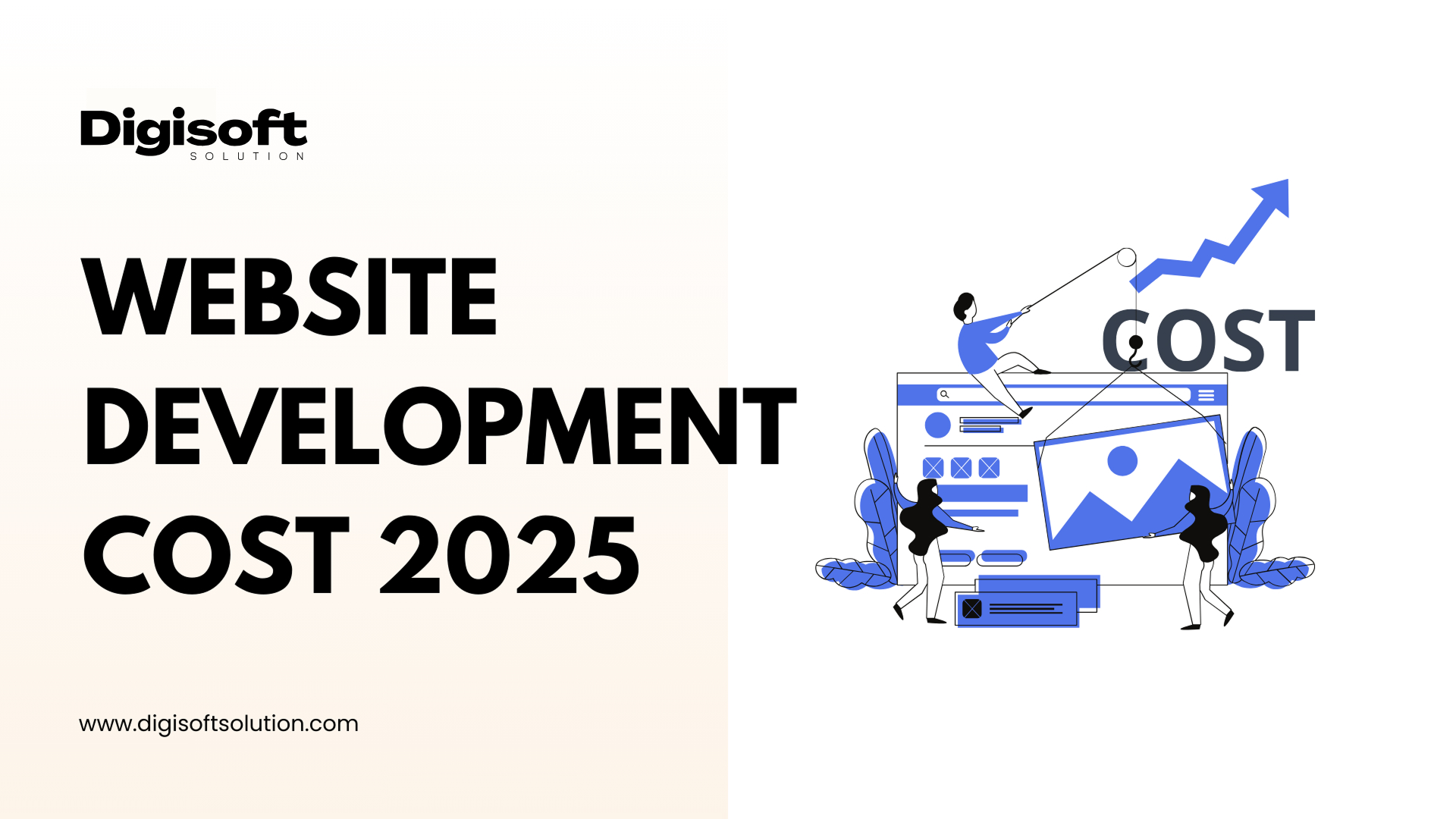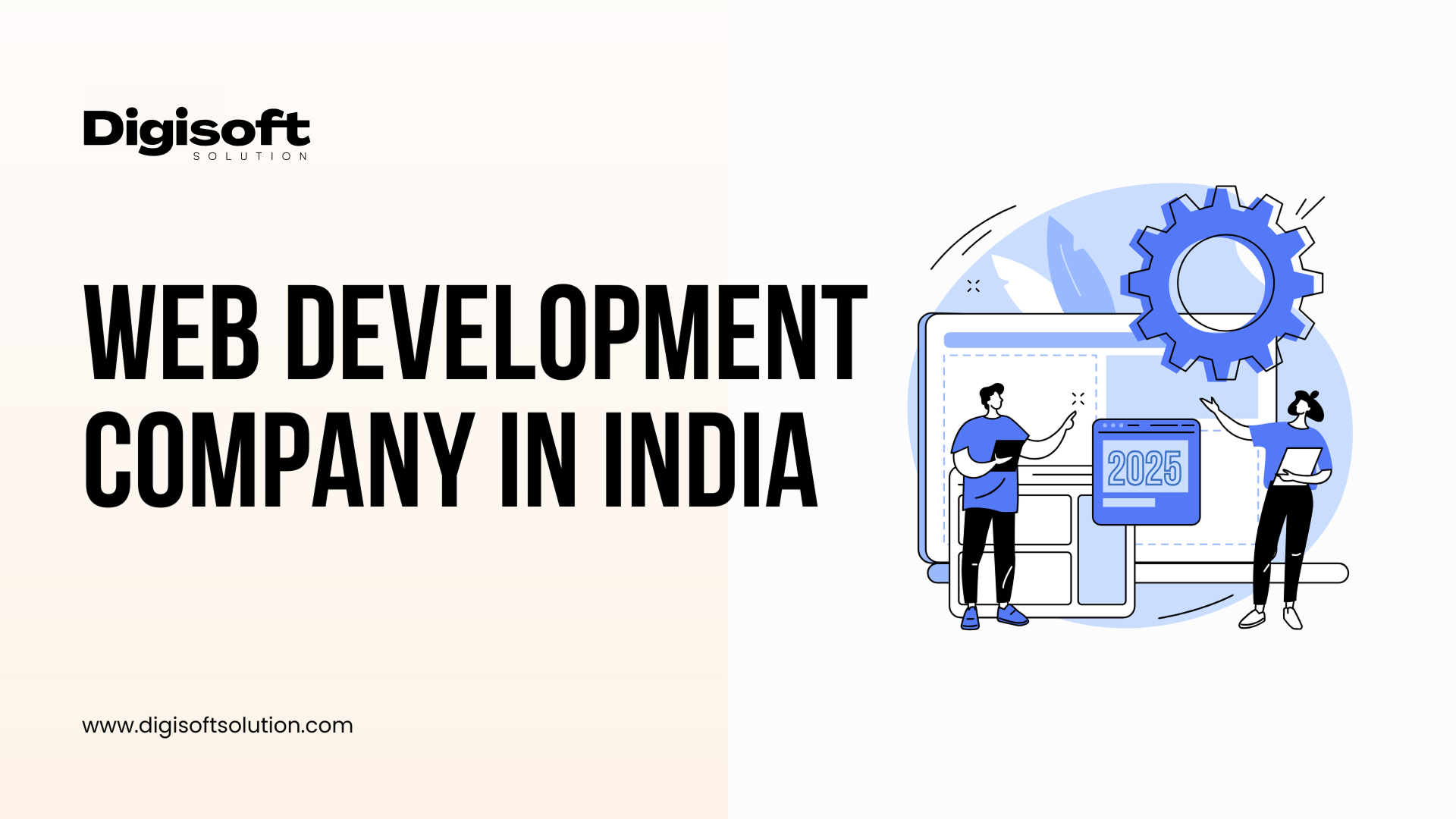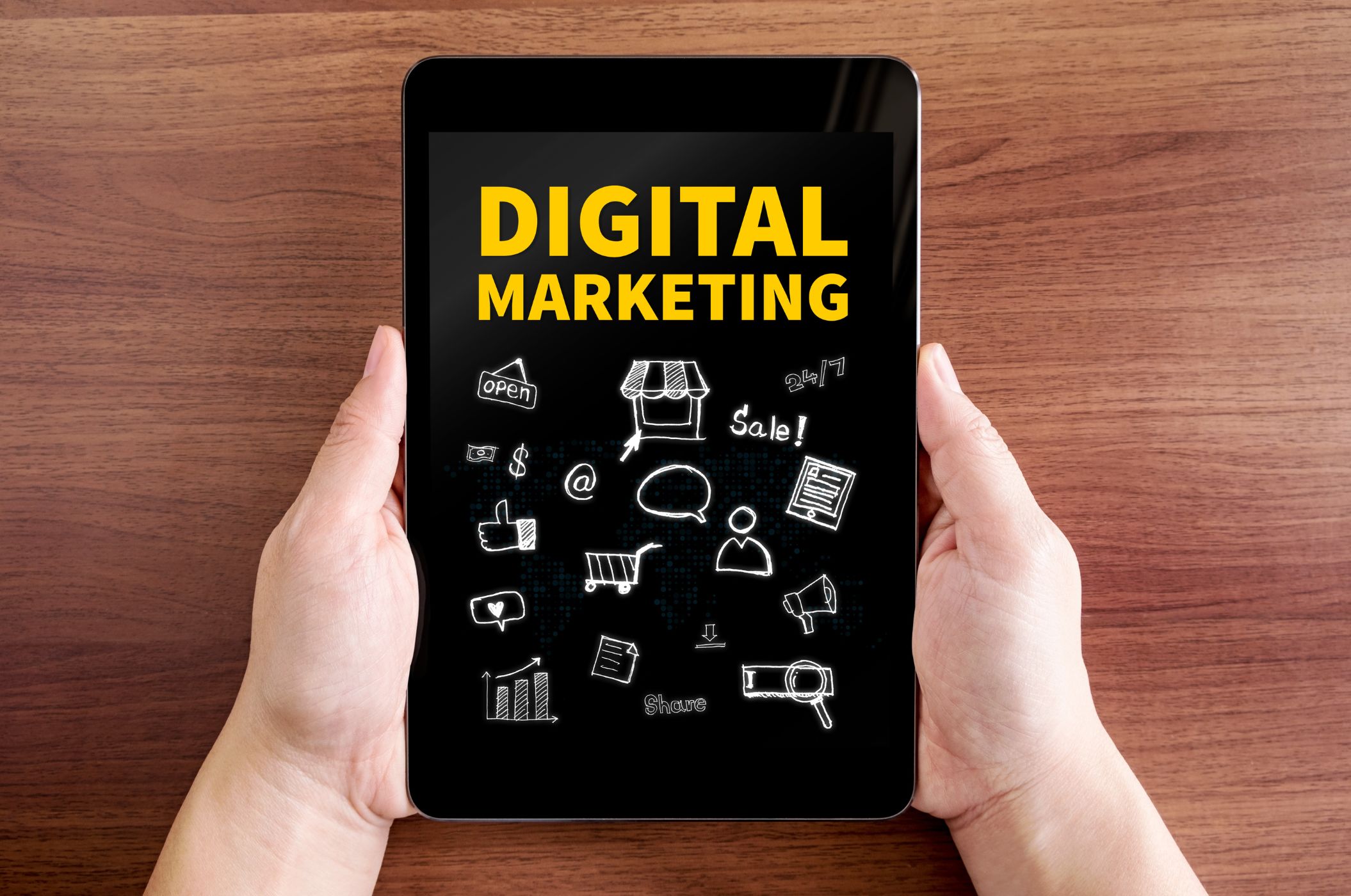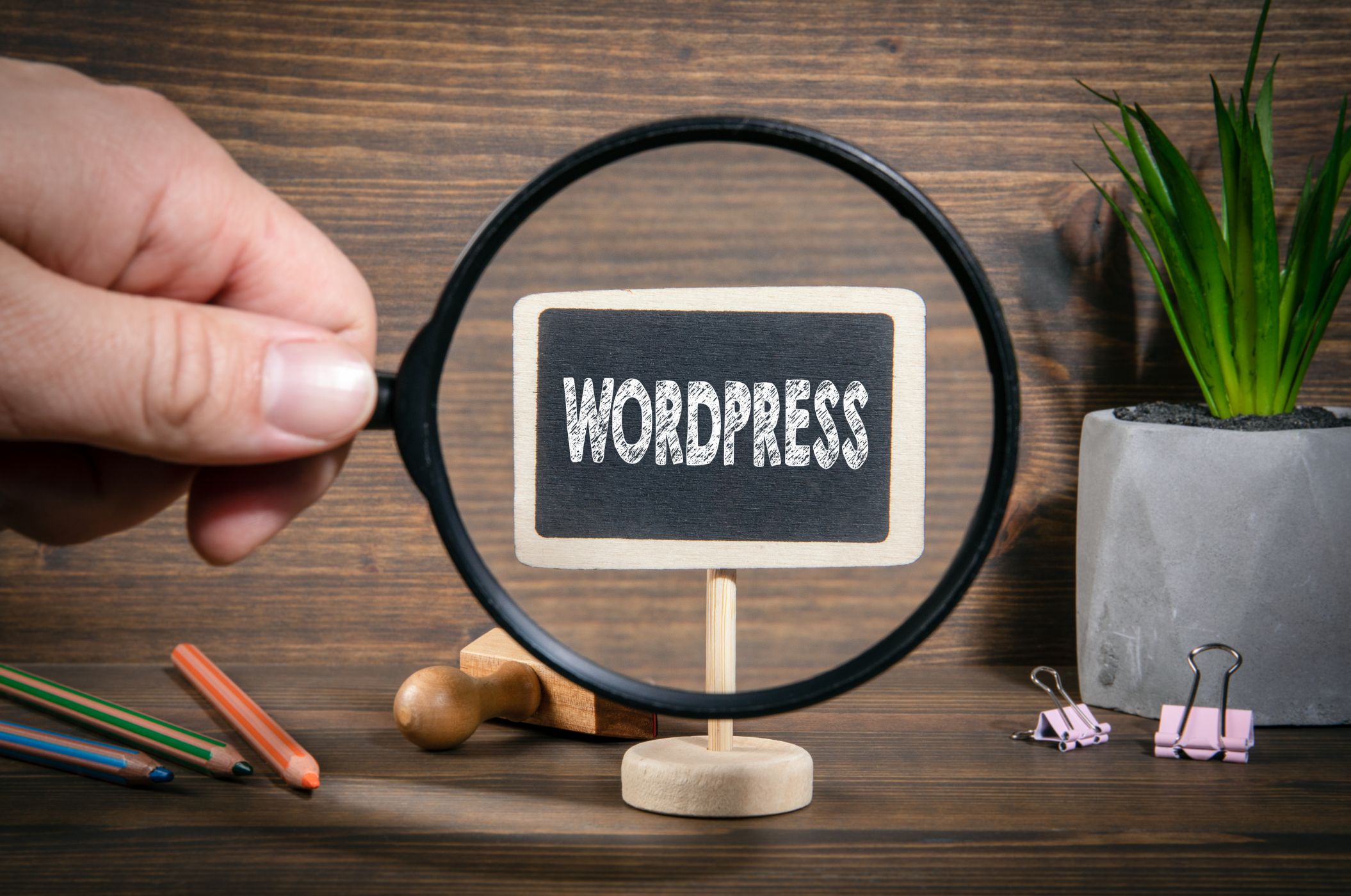Table of Content
Digital Transform with Us
Please feel free to share your thoughts and we can discuss it over a cup of coffee.
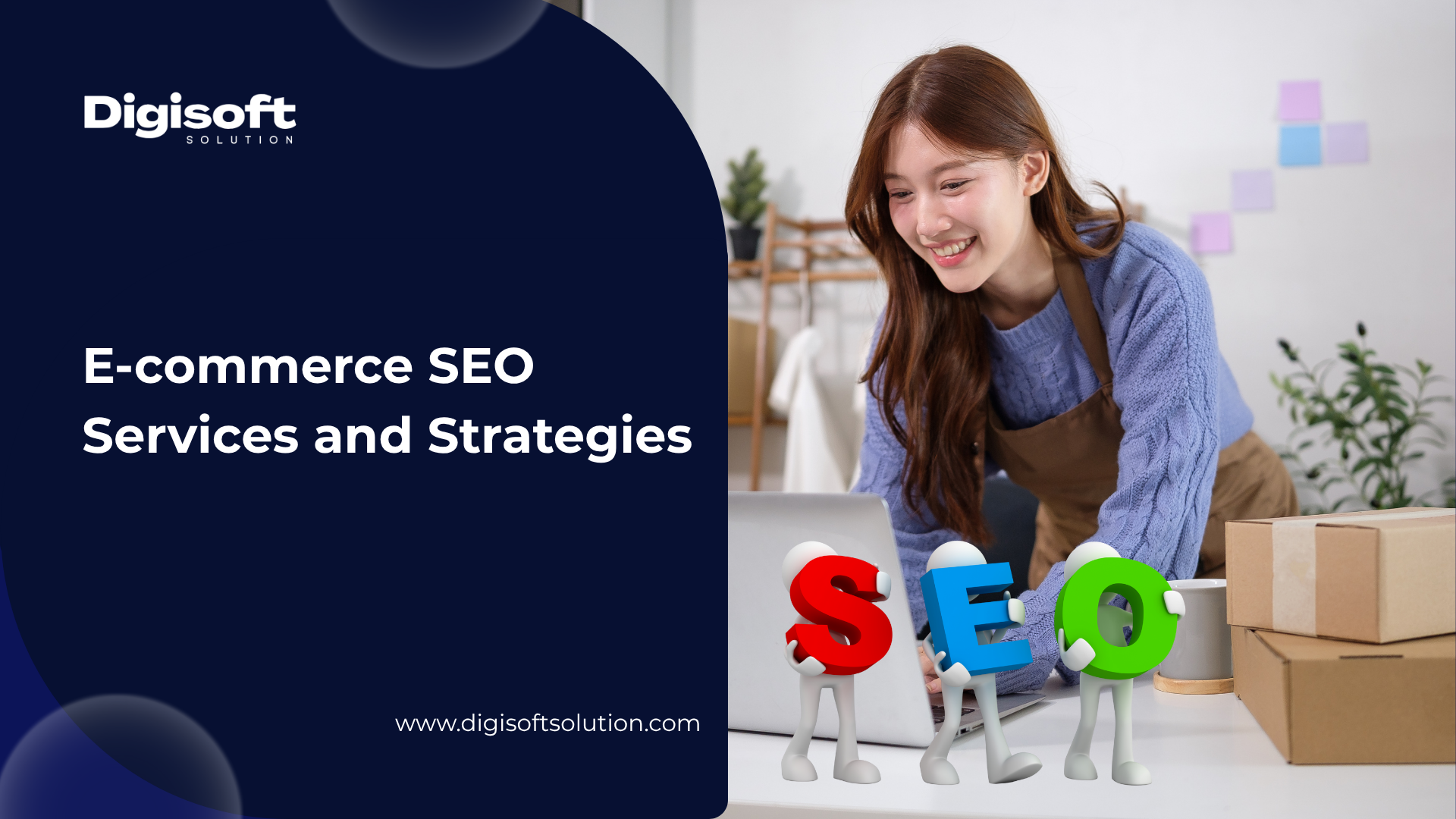
In the current cutthroat digital marketplace, launching an online store is insufficient. You simply need visibility. This is the role of eCommerce SEO services. eCommerce SEO services enable online businesses to improve their search engine performance to generate organic traffic and thus, have additional sales. Whether you are a small retailer or a business enterprise, you need search engine optimization to ensure the right customers find your product ahead of your competition.
The blog below will walk you through what eCommerce SEO is, its importance, and how you can create economical strategies to optimize your store.
Define eCommerce SEO
It is the practice of optimizing your online store so that it ranks higher in search engine results pages (SERPs) when someone searches for your products, or similar keywords. Unlike more traditional SEO, eCommerce SEO aims to improve the attention of product pages, category pages, or other transactional pages.
The key aspect of eCommerce SEO is that it focuses not on attracting traffic, but qualified buyers like users looking for the products you sell. Good eCommerce optimization includes many aspects such as keyword research, technical SEO, content marketing, link building, and experience optimization.
When eCommerce SEO is implemented correctly, it enables you to increase organic sales without investing heavily in paid ads.
Why eCommerce SEO is Important
Online shopping is mainstream, and likewise for competition. Many e-commerce websites are competing for the same keywords, so it is necessary to have a well-developed SEO strategy. Below find the reasons:
- Increased awareness and Reach: The higher the page is ranked, the more organic clicks it will receive, which exposes the brand to many people.
- Improved Trustworthyness: Customers trust organic results more than paid results, providing authority for your online store.
- Higher ROI: Unlike paid campaigns, SEO provides results that are both long-lasting and economical.
- High Targeted Traffic: SEO attracts users who already have purchasing intent, thereby improving conversion rates.
- Improves User Experience: SEO best practices like faster page speed and mobile-friendly websites enhance the shopping experience for users.
Key Components of eCommerce SEO Services
- Keyword Research: It is a fundamental element of any SEO campaign. For eCommerce, this really is identifying high-intent keywords that are empathetic of buying behavior.
For example, a search for “buy wireless headphones online” would be infinitely more valuable than a search for “how do wireless headphones work?”
A good eCommerce SEO service focuses on:
- Transactional keywords, or other words indicating purchase intent (such as "best running shoes for women").
- Long-tail keywords are highly specialized but less competitive keywords.
- Competitor keyword analysis to identify keywords not being utilized.
Lastly, Ahrefs, SEMrush, and Google Keyword Planner are often used tools for this process.
- On-page SEO: It makes sure that every page of your online store is optimized for search engines and users. This includes optimizing your product titles, meta-descriptions, images, and headings.
Here's what effective on-page optimization includes:
- Unique product descriptions instead of the manufacturer’s description
- Meta tags including the title and description that are keyword rich
- Alt-text on all images to improve accessibility and rankings
- Schema markup for rich snippets, such as product ratings and prices
- Internal linking to other products or categories related to your products
When you optimize these on-page features, your store becomes easier to find and more attractive to search engines.
- Technical SEO: It deals with the technical structure of your website. Quality content will always suffer if your website is not optimized.
Key technical SEO elements from a service provider for eCommerce websites may add:
- Mobile-optimized usability for searching on phones and tablets.
- XML Sitemaps and robots.txt to assist with crawling and indexing.
- Ensuring you have secure HTTPS for customer data protection.
- Resolving broken links and issues like duplicated content impact rankings.
Using a tool such as Screaming Frog or Google Search Console greatly assists in identifying these technical issues and can help with repair.
- Content Marketing: It is a significant factor in driving organic growth for eCommerce sites. It establishes brand authority, increases backlinks, and targets informational keywords that lead to purchase decisions.
Types of content commonly included in SEO ecommerce services include:
- Blog posts related to your product space (e.g., “Top 10 Fitness Gadgets for 2026”)
- Buying guides that help educate customers on how to purchase the right product.
- Video content that includes product demos or customer testimonials.
- FAQs that answer common questions of buyers and build user trust.
Creating content around the knowledge and interests of your target audience allows you to generate organic visitors while also helping with optimizing conversions.
- Link Building: Backlink building is a crucial part of seo services for e-commerce websites. Backlinks indicate to search engines the authority of your store and can improve rankings.
Common types of link-building include:
- Guest posting on connected blogs and industry websites.
- Product reviews from influencers or bloggers.
- Resource page outreach to get listed on "best product" lists.
- Internal linking between similar pages to help communicate relevance and spread link equity.
Be sure to focus on quality backlinks that are relevant vs spammy or low-quality.
Devices Mostly Used in eCommerce SEO
Professional e-commerce SEO services utilize professional tools to audit, monitor, and measure performance.
- Google Search Console for indexing and keyword performance.
- Google Analytics for organic traffic, bounce rate, and conversions.
- Ahrefs / SEMrush for keyword research and backlinks.
- Screaming Frog for identifying technical SEO issues, such as broken links.
- Moz Local for local SEO efforts and citations.
- GTmetrix / PageSpeed Insights for site speed and performance.
These tools will allow you to ensure every element of your SEO campaign is data-driven and measurable.
Advanced eCommerce SEO Strategies
After you have laid the groundwork, let's elevate your approach utilizing these digital marketing expert strategies.
- Rich Snippet with Schema Markup: Using product schema will give your listings ratings, reviews, and prices directly in search results. This increases visibility and improves click-through rates.
- Local SEO for eCommerce: If your business has physical stores or serves a specific geographic location, eCommerce SEO services in India will often include local optimization. Local optimization includes:
- Creating and optimizing your Google Business Profile (GBP).
- Developing landing pages for specific locations.
- Continuously utilizing the same Name, Address, and Phone (NAP) across different platforms.
- Driving reviews to build local trust.
- Voice Search Optimization: With the increasing popularity of voice search, optimizing for short phrases and conversational-type questions like “Where can I find running shoes close to me?” would be beneficial.
- Content Clusters and Topic Authority: Create a topic cluster strategy with a pillar page (ex. “The Ultimate Guide to Fitness Shoes”) and links to different supporting blogs (like “Best Shoes for Trail Running” or “How to Pick Gym Shoes”).
This develops topical authority and reinforces internal linking.
Common Challenges in eCommerce SEO
Despite the fact that SEO provides long-term benefits, it still has its specific challenges for eCommerce sites:
- Duplicate Product Descriptions: This is seen most frequently on sites having similar products.
- Faceted Navigation Issues: This can lead to different URLs for the same page.
- Thin Content: Such product pages which have very less or no description do not rank high in search results.
- Inventory Changes: The constant update of out-of-stock products impacts the SEO consistency.
- Complex Site Structures: The large catalogs need proper internal linking and categorization.
Recognizing these challenges right away, not only will it be easier to handle, but it will also enable an SEO process that is more flexible.
The Future of eCommerce SEO
The field of SEO is consistently changing. Here are the important trends steering the future:
- AI and Automation: Utilizing artificial intelligence tools to analyze your data and produce optimized content.
- Mobile-First Indexing: Supporting a mobile-optimized site is now vital.
- Video SEO: Including videos to promote product engagement and promotions.
- Voice and Visual Search: Optimizing for new forms of search to maintain advancement over competitors.
By accommodating these trends, your online store will survive in the long term.
Conclusion
Online competition at its highest level so eCommerce SEO services are no longer optional, they are vital. From keyword research to technical fixes and content marketing, SEO enables your store to build visibility, trust, and profitability.
Engaging with professionals, like Digisoft Solution, you will form a customised plan that raises rankings and converts visitors to loyal customers.
Digital Transform with Us
Please feel free to share your thoughts and we can discuss it over a cup of coffee.








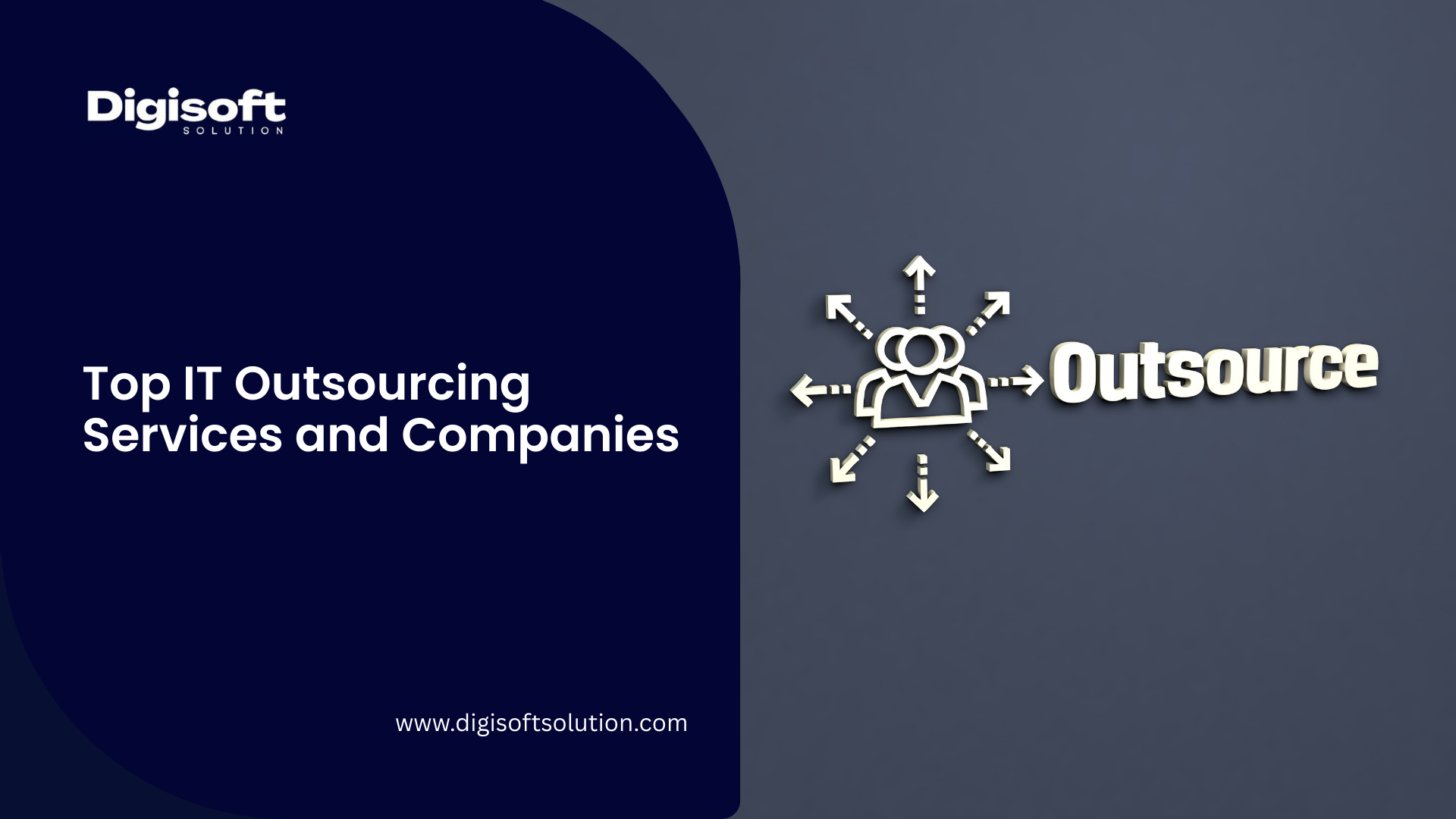


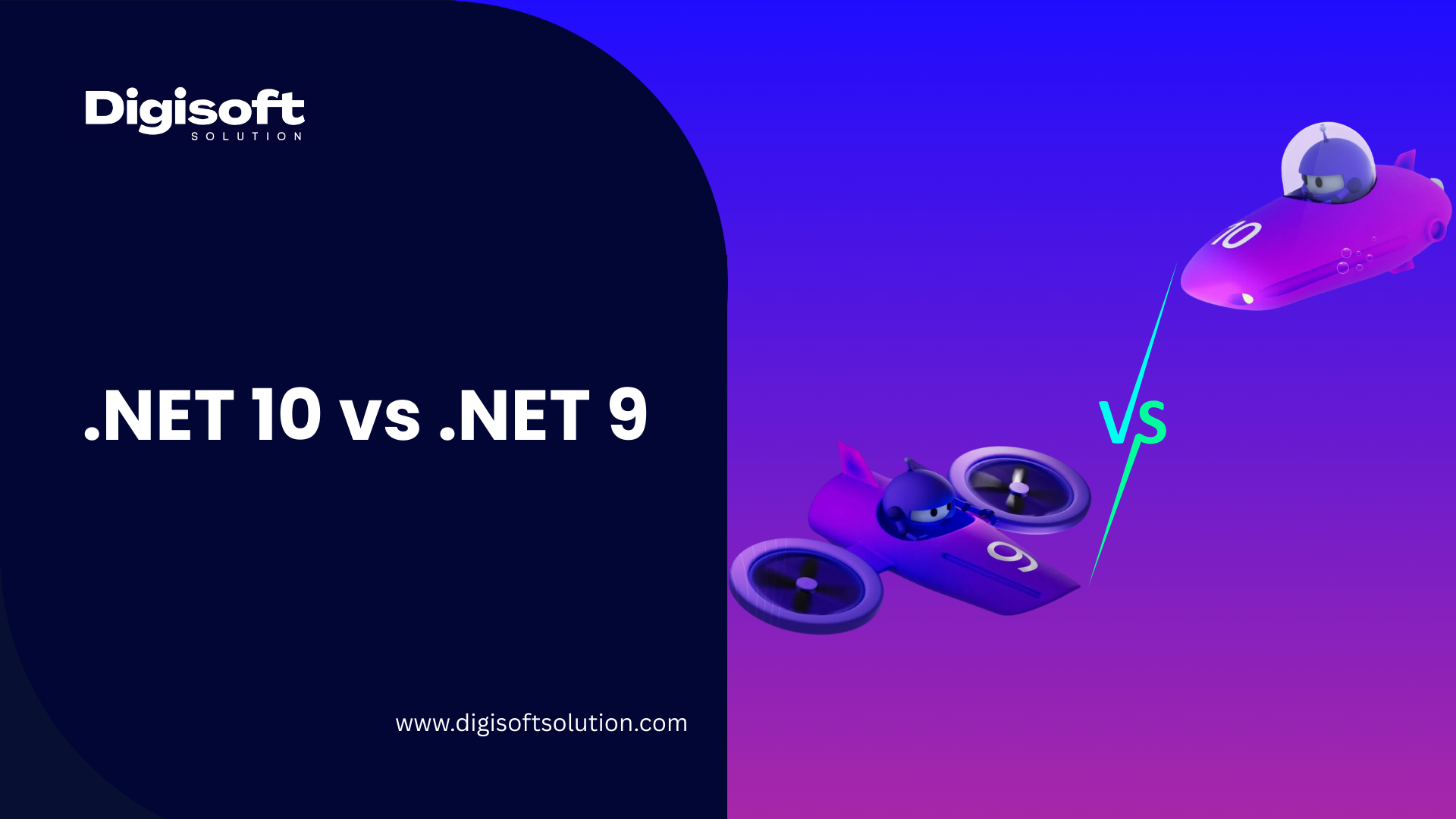













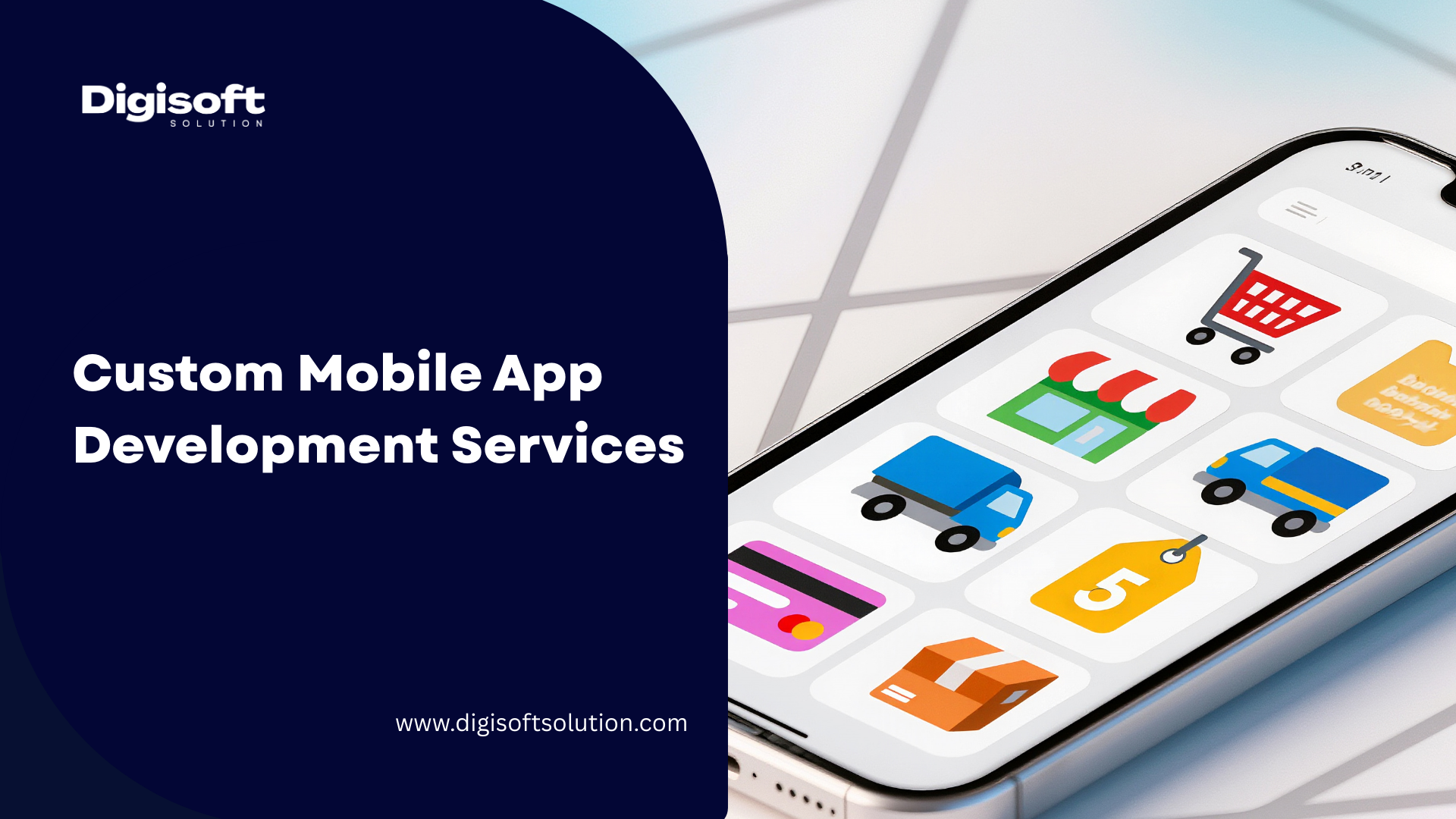



















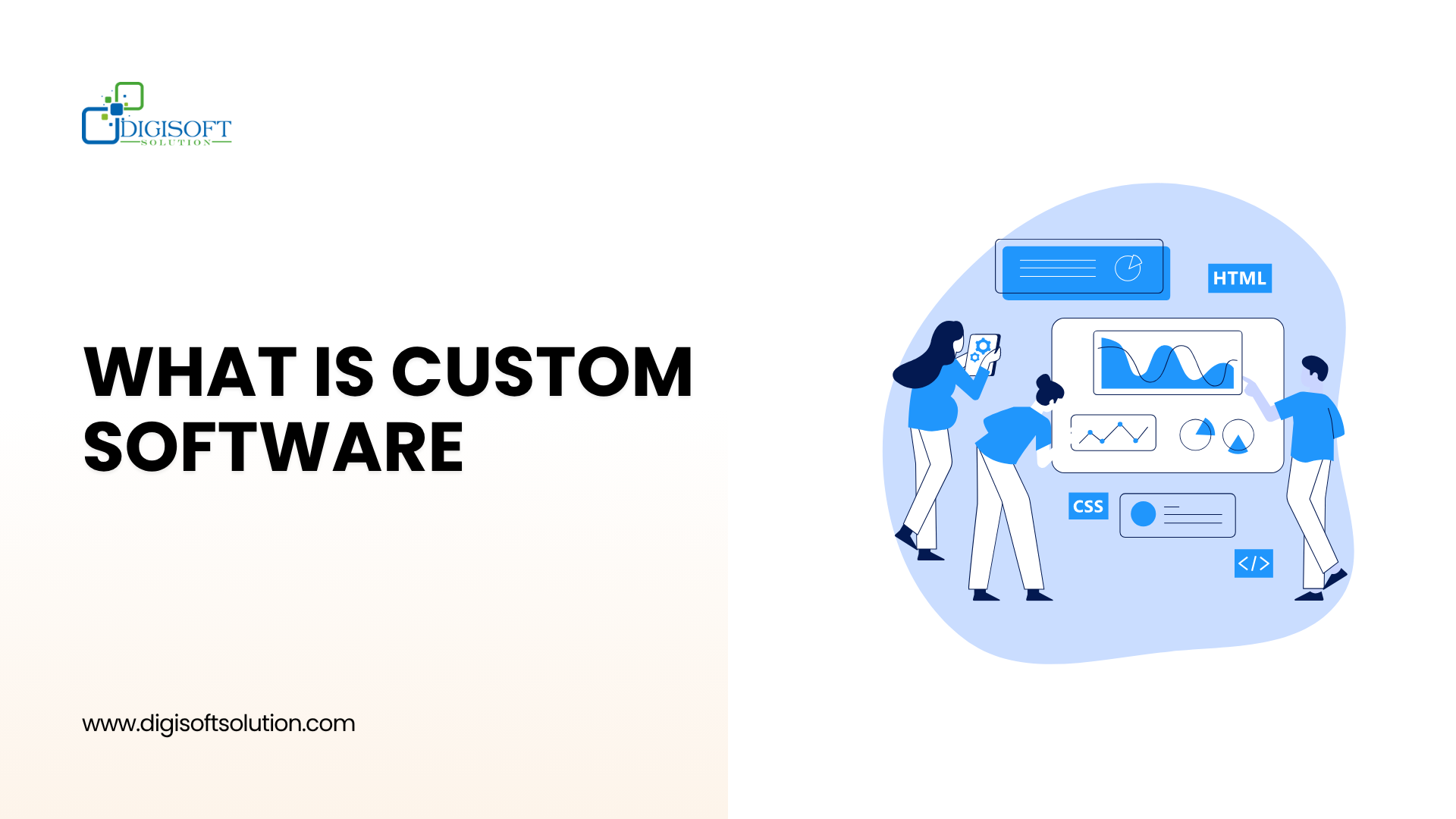







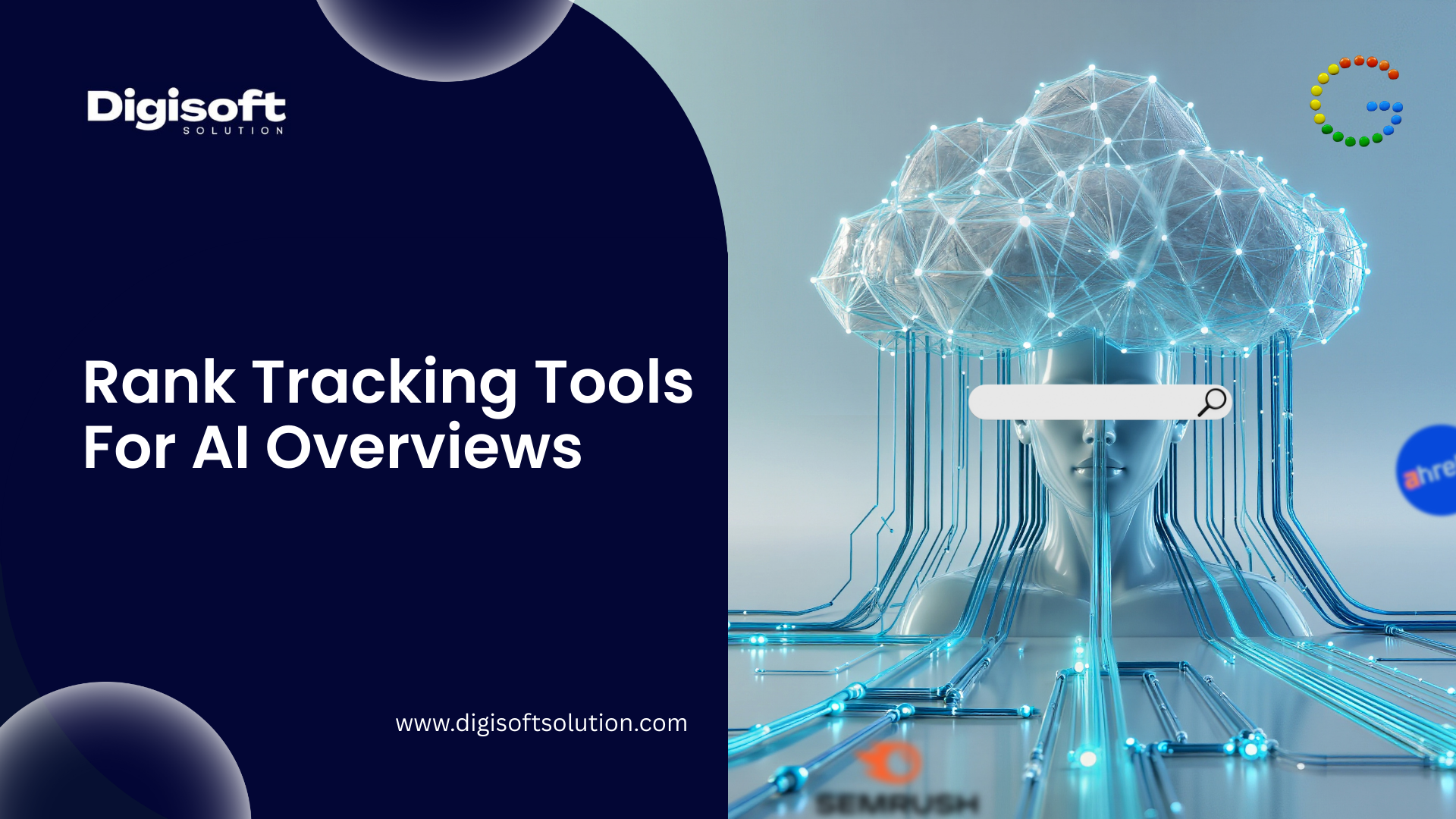






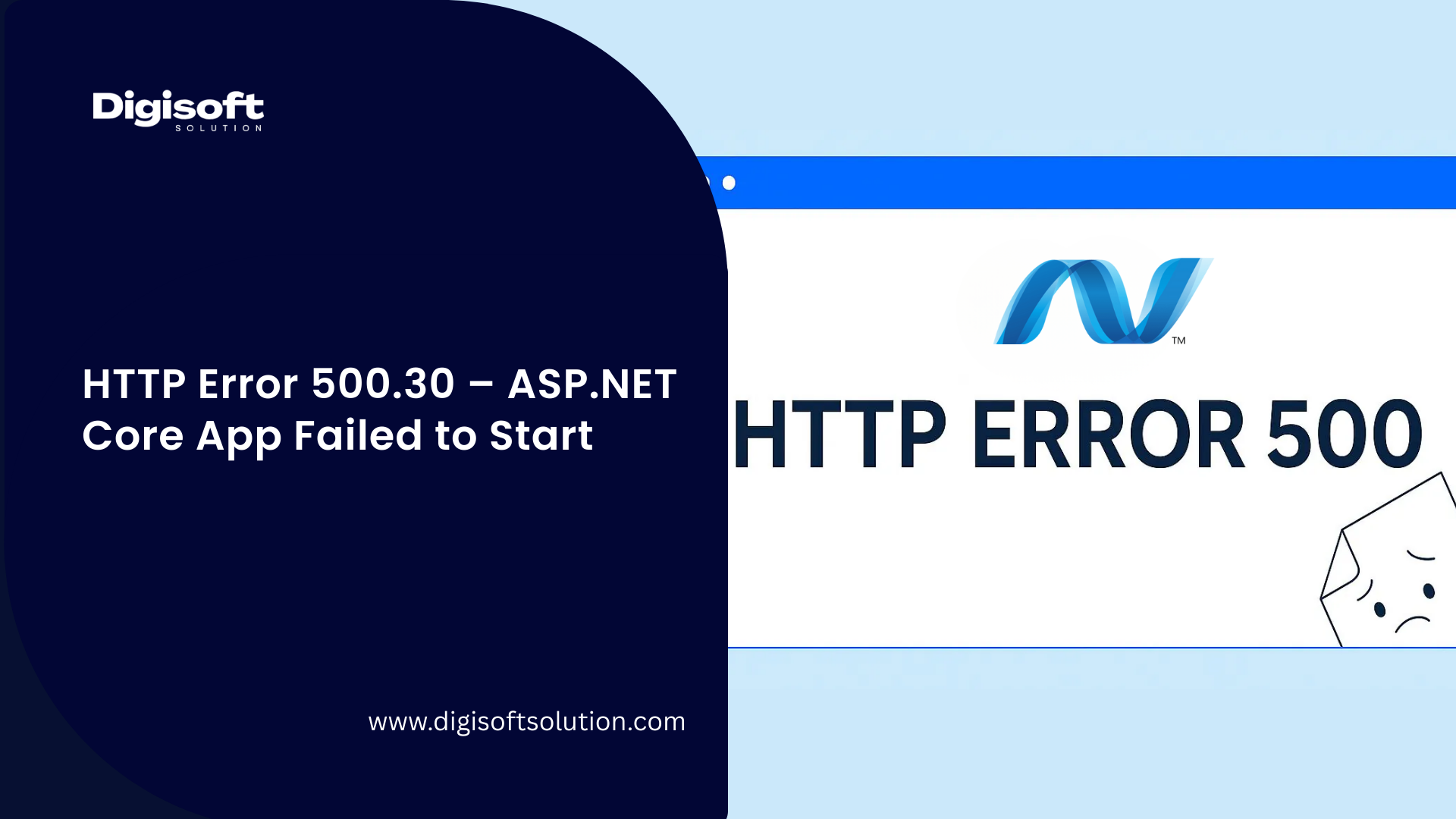
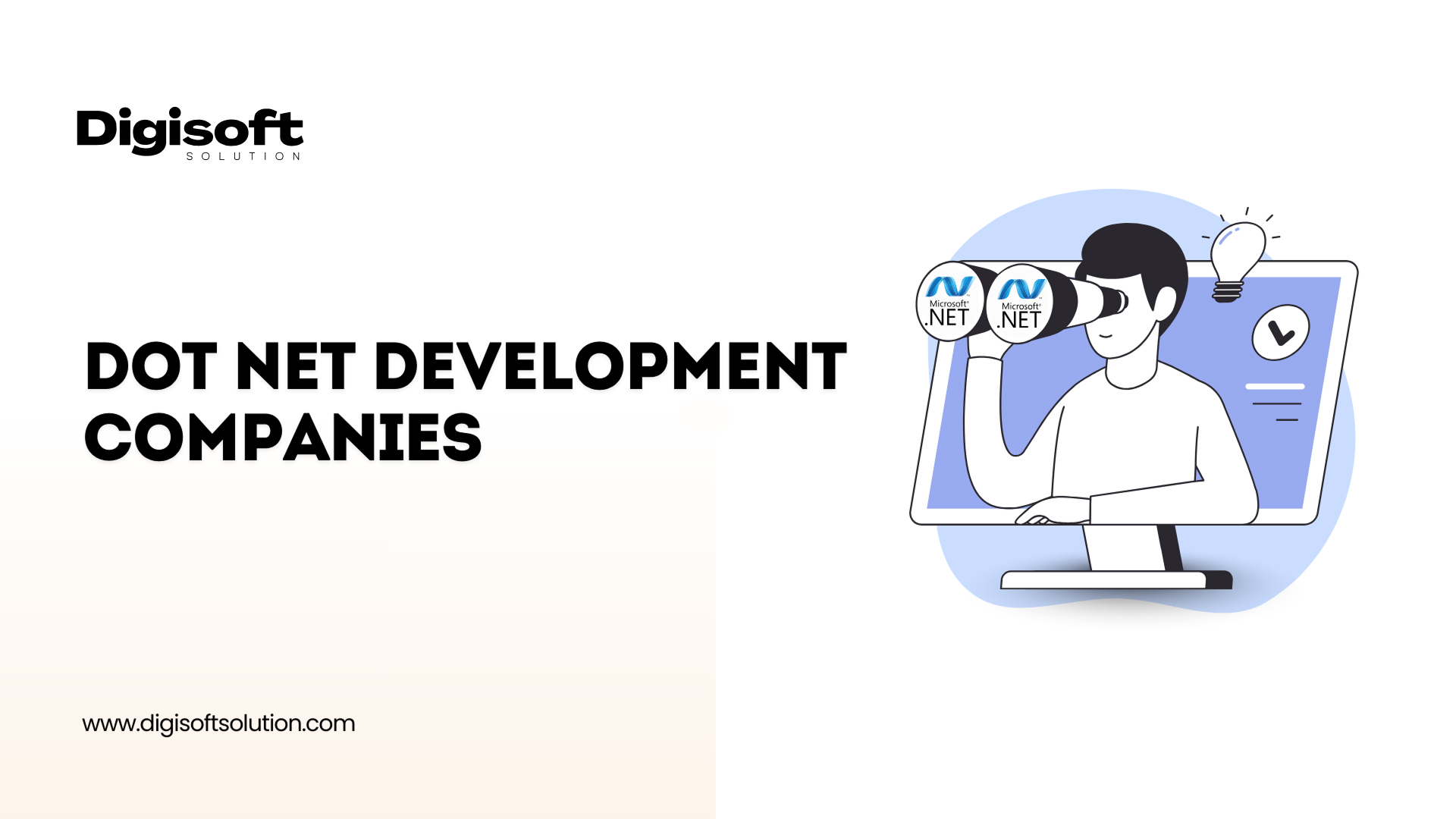
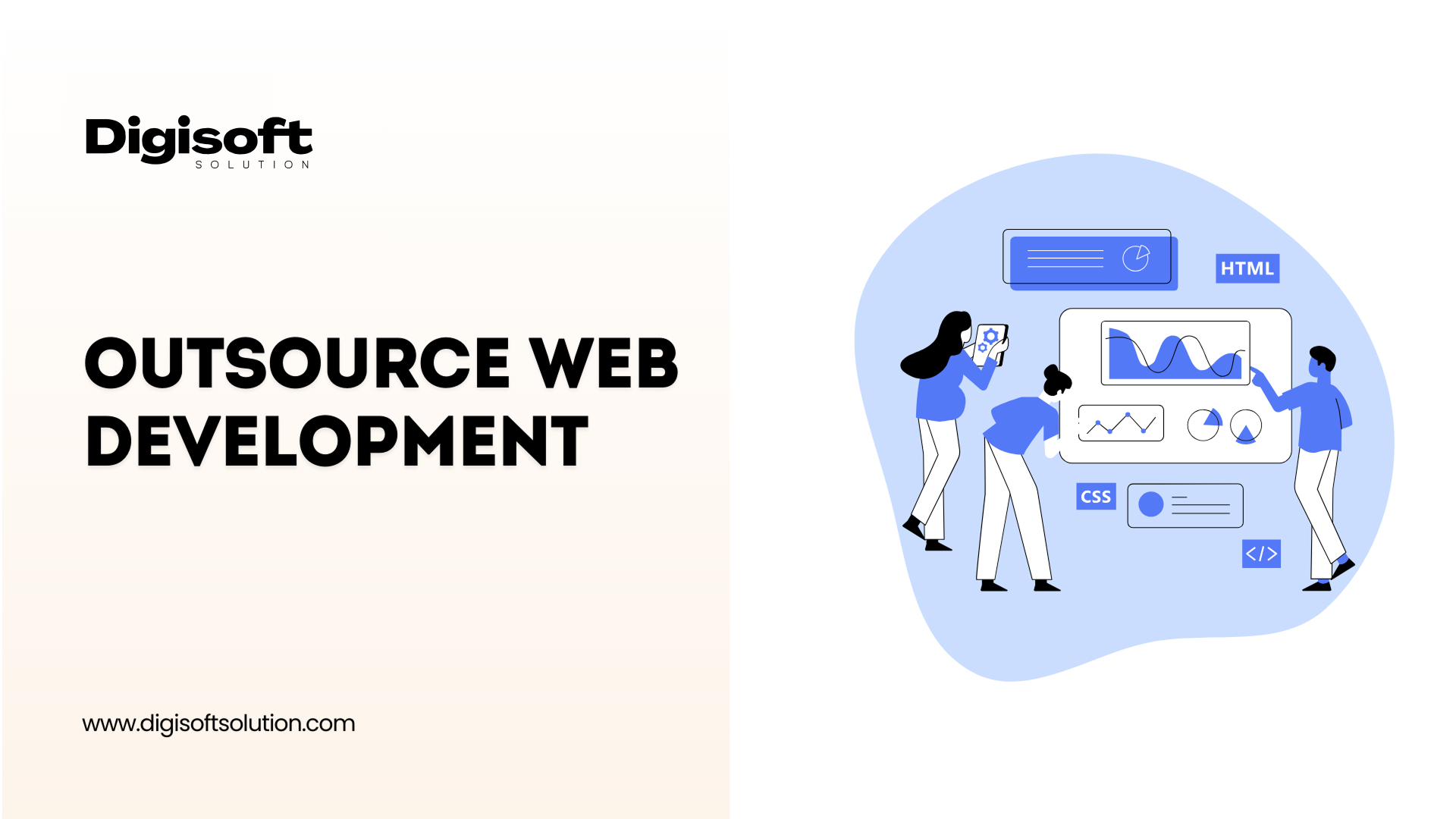

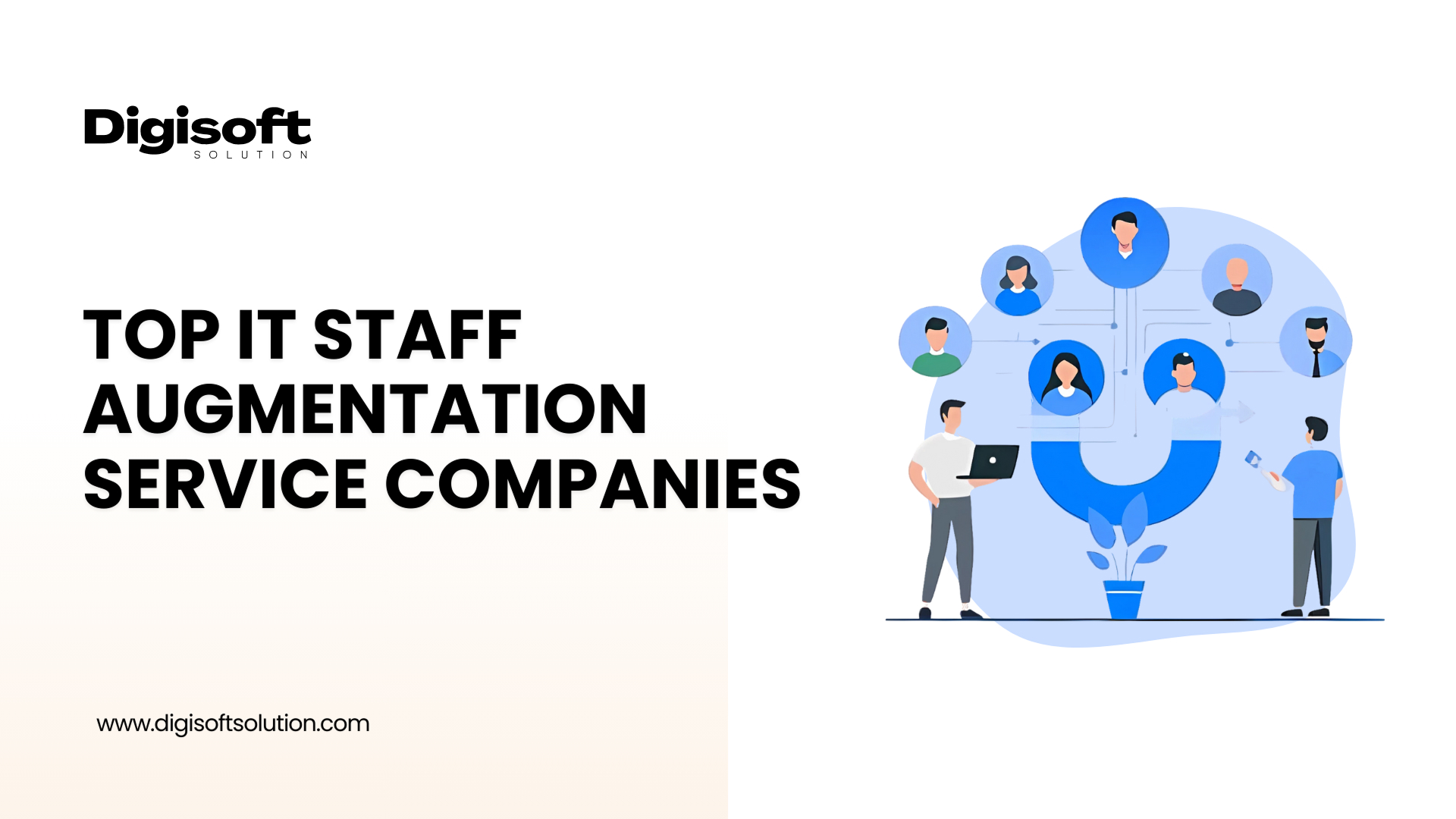
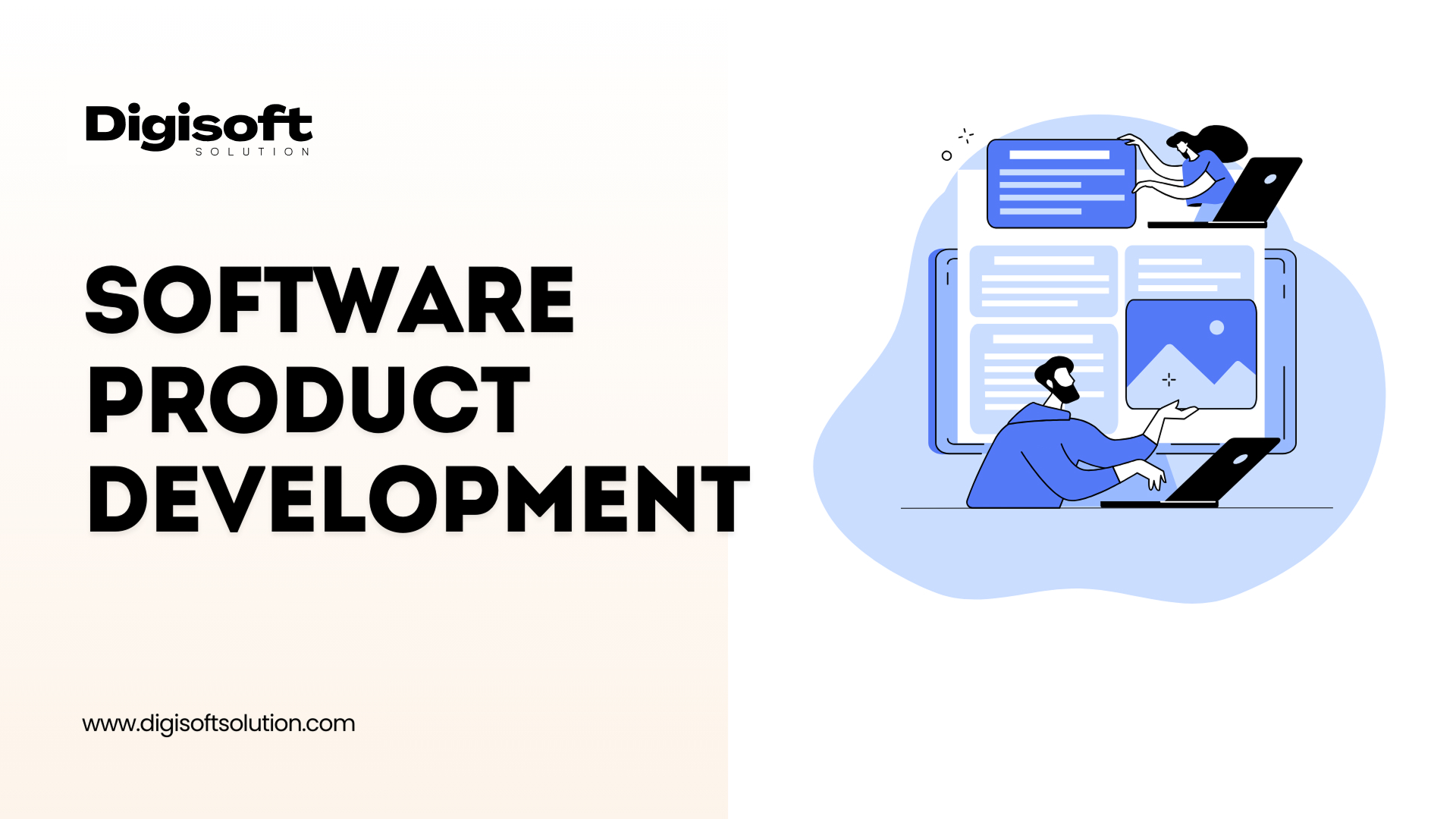
 Kapil Sharma
Kapil Sharma
